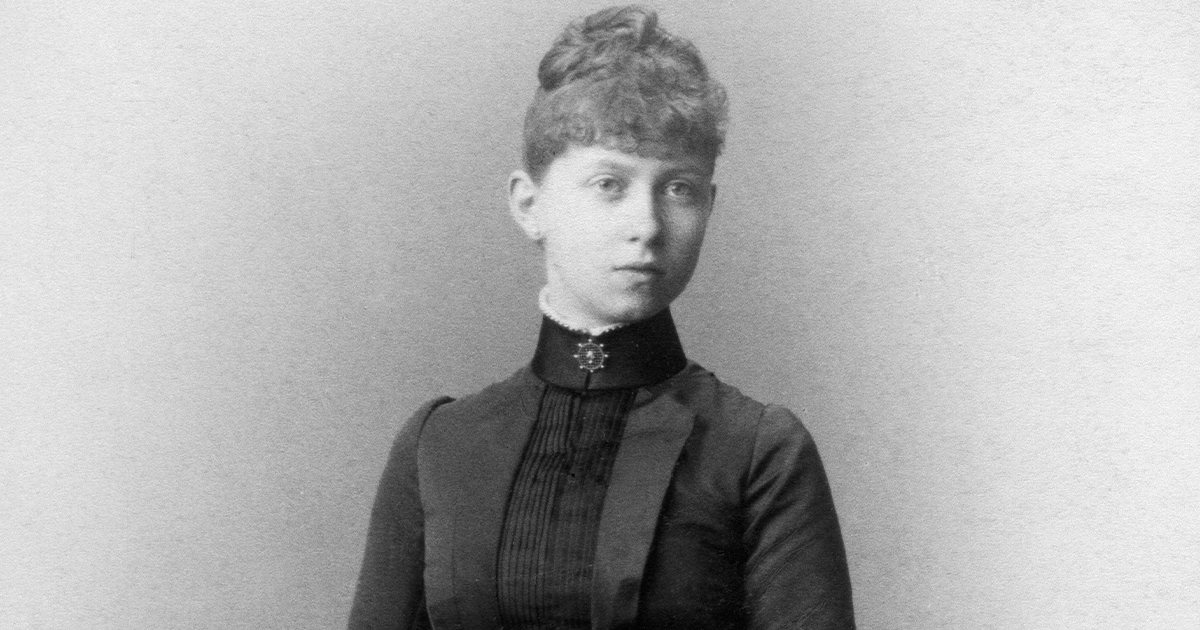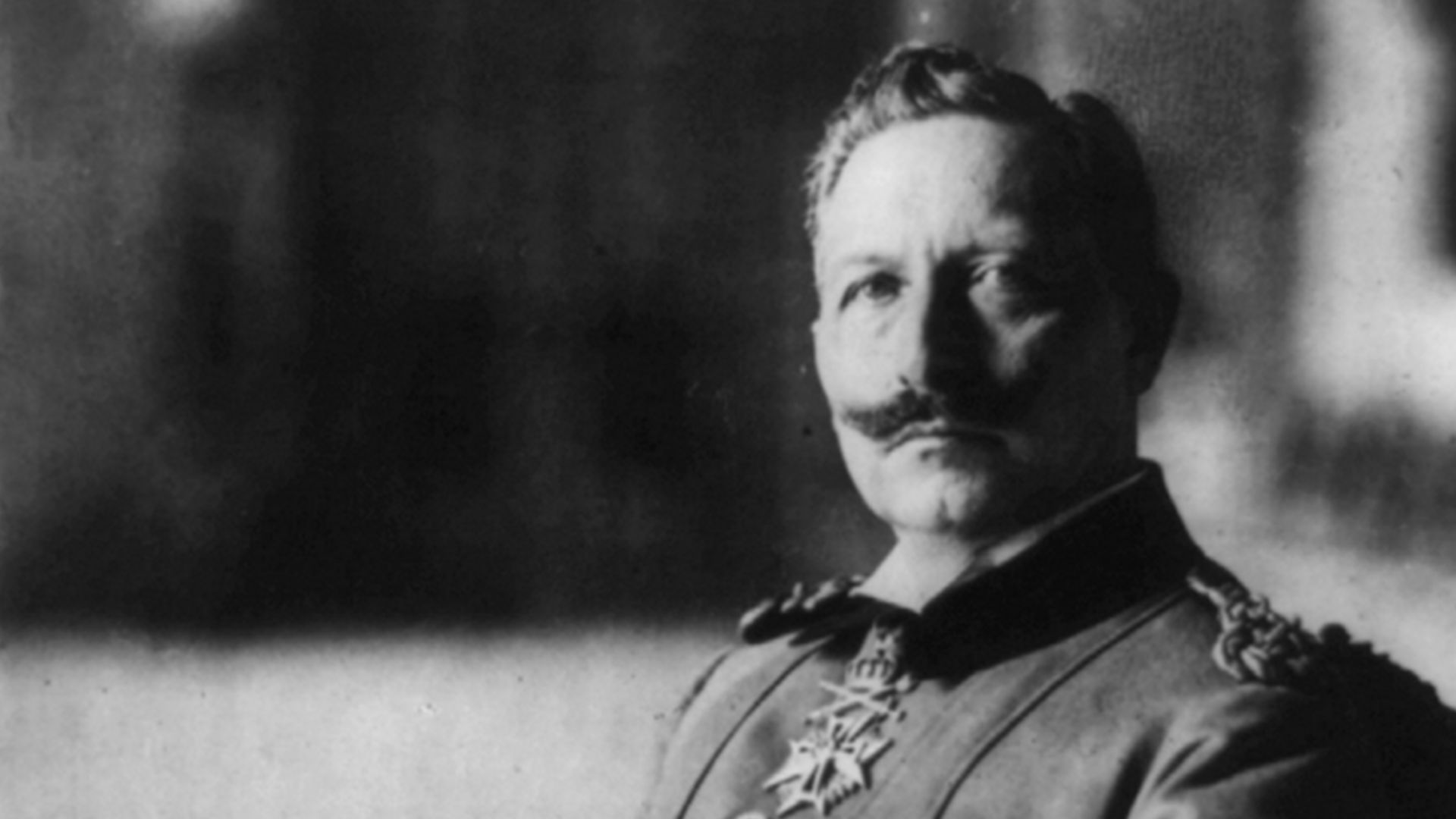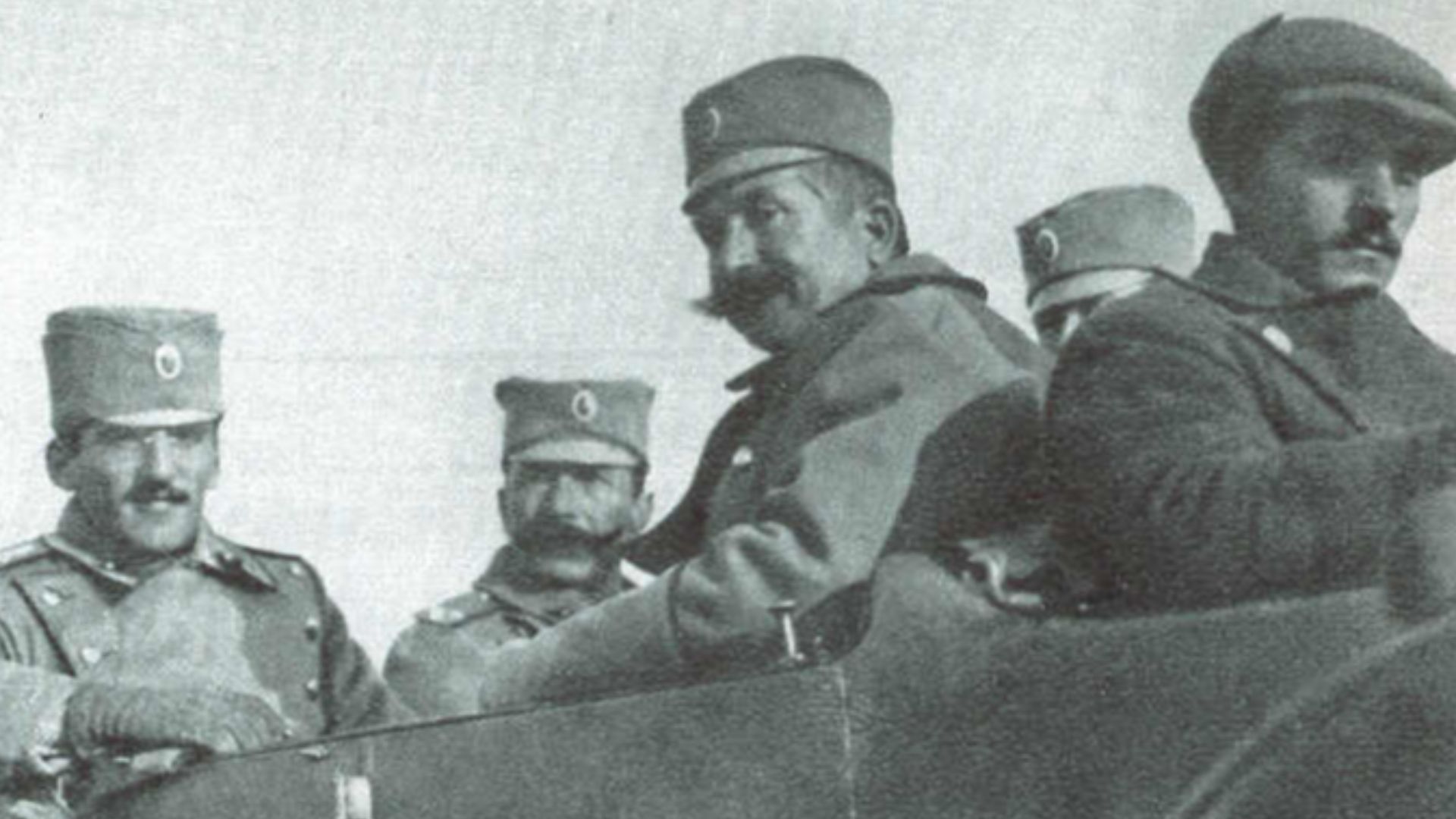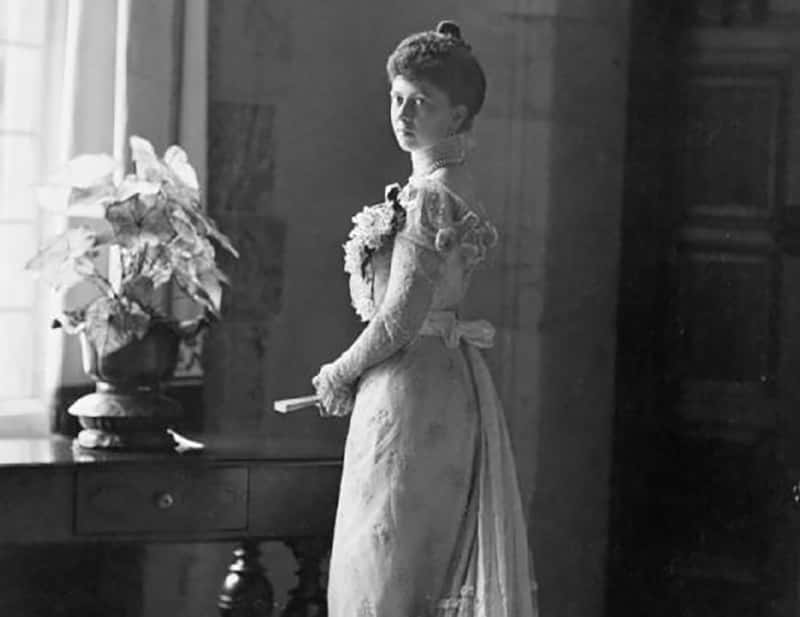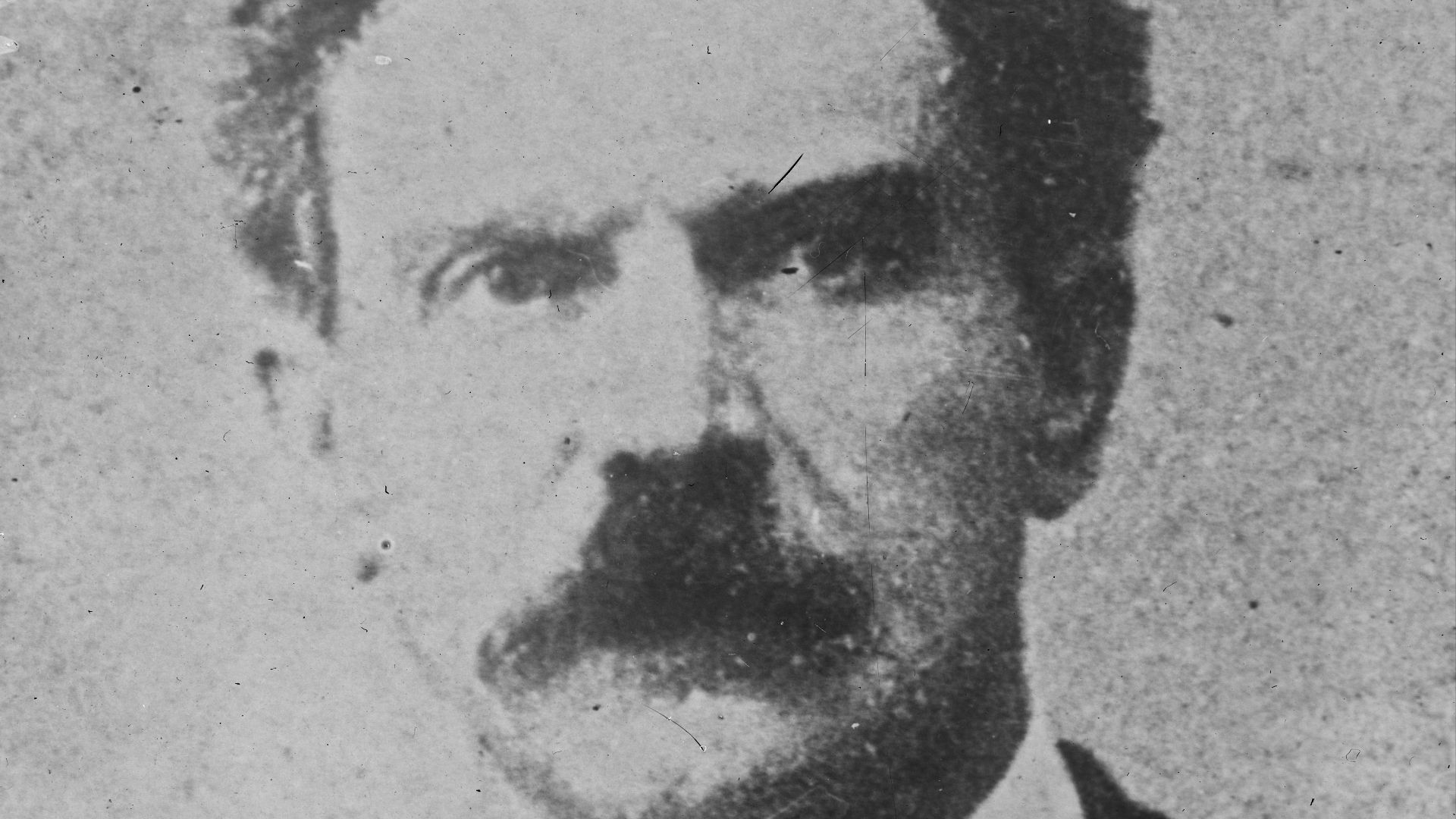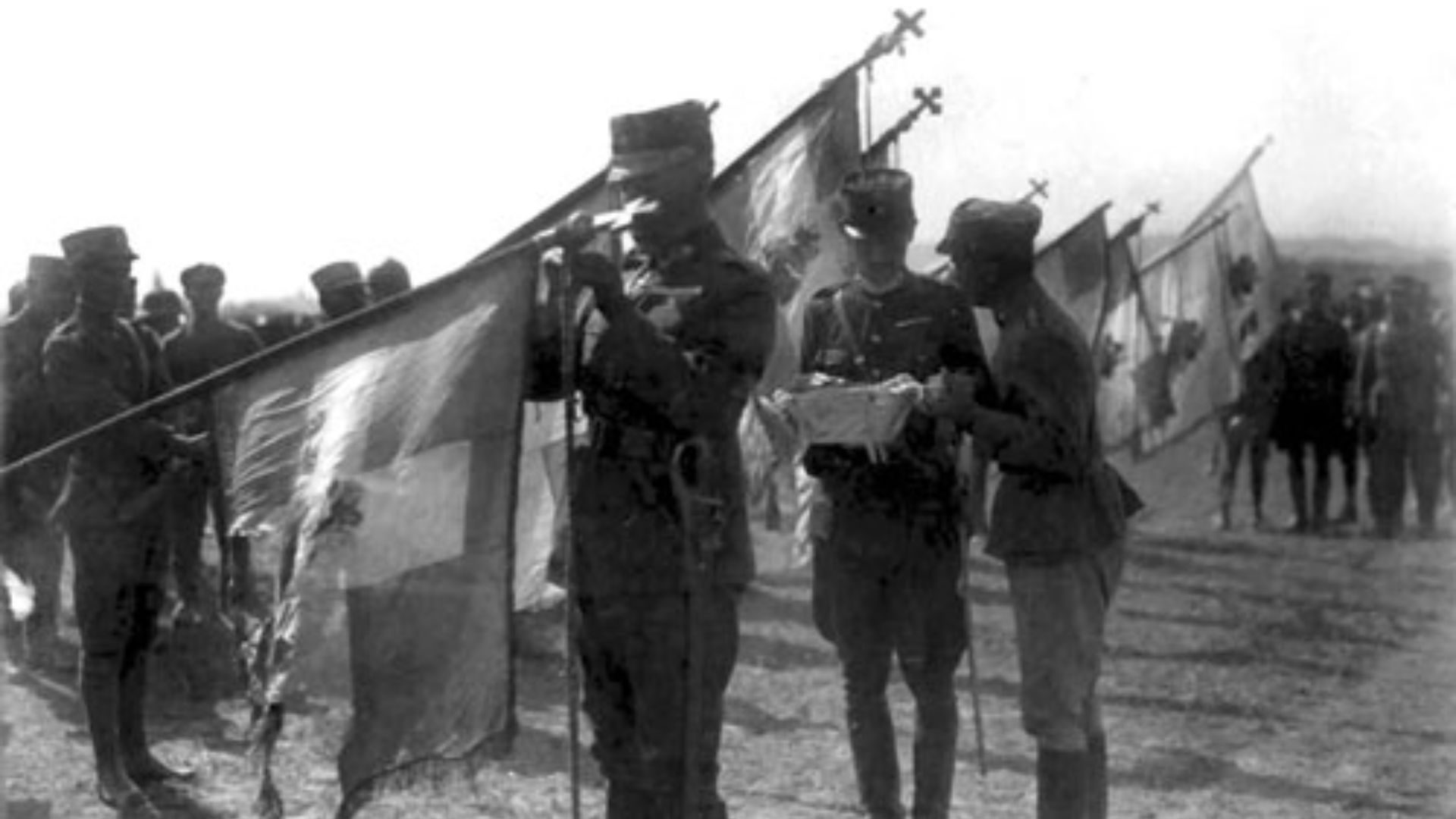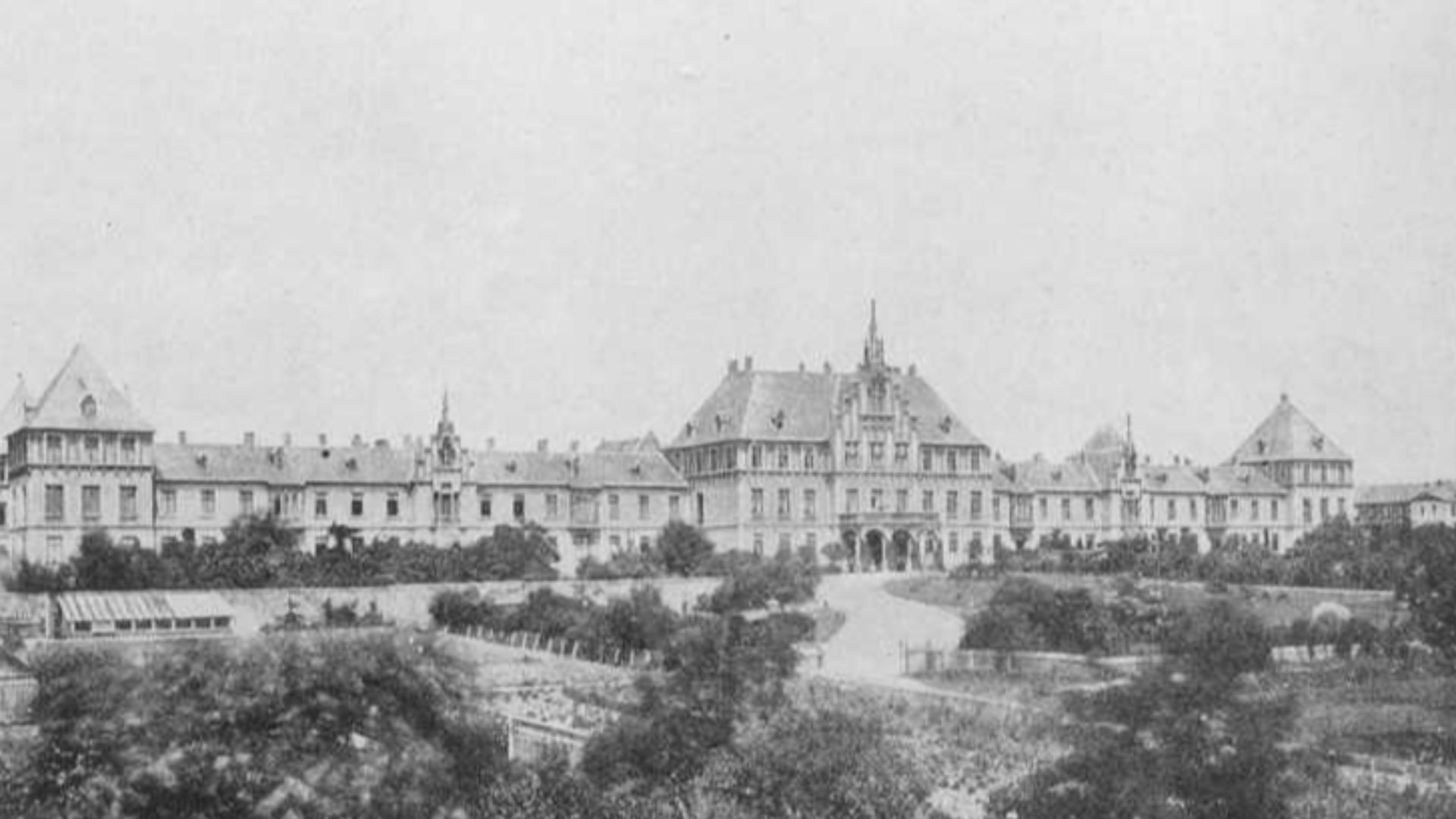Between A Rock And A Hard Place
For Sophia of Prussia, tensions and conflicts constantly followed her around, seemingly since birth. Although by all accounts, she appeared to be kind and fair, there were very few times in her life when she experienced lasting happiness. Whether it was in navigating the tumultuous geopolitical landscape of 20th-century Europe or simply supporting her husband, the list of her enemies only grew—despite trying her best to help people.
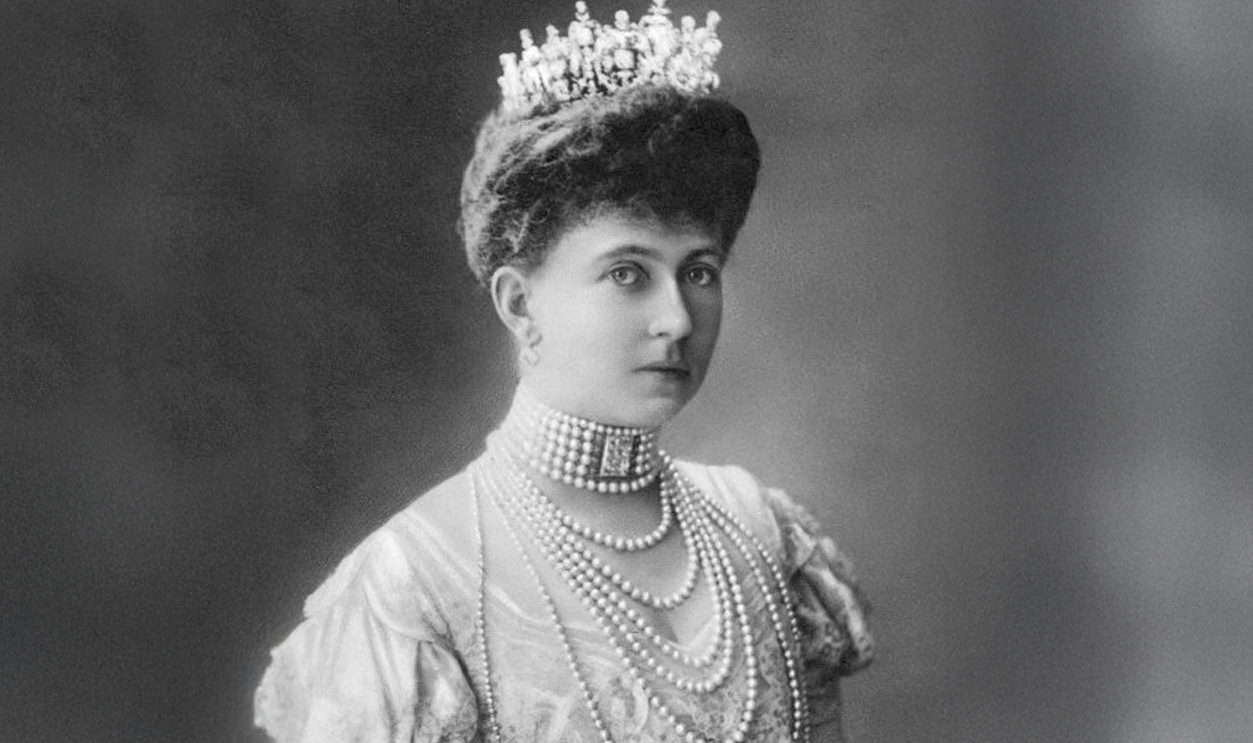
1. She Had Noble Blood
As with most royals, Sophia of Prussia had descended from two noble lines from separate kingdoms, although both would come to see her as an enemy. On June 14, 1870, Princess Sophie Dorothea Ulrike Alice was born to Crown Prince Frederick of Prussia and Princess Royal Victoria of the United Kingdom. Growing up, she became fond of her mother’s home country, even if it would eventually turn against her.
Needless to say, this nobility didn’t mean her early life was anywhere near perfect.
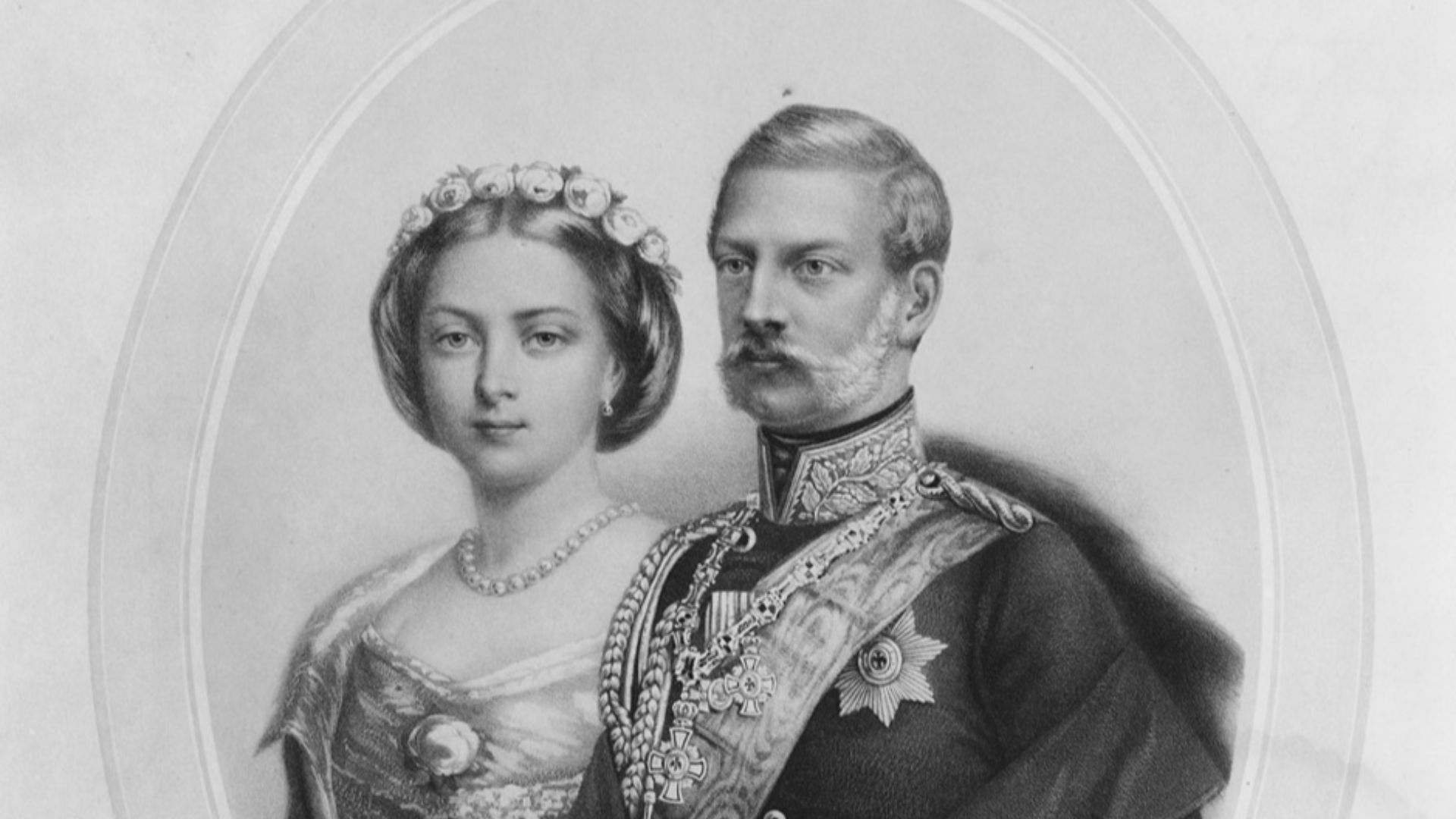 Unknown authorUnknown author, Wikimedia Commons
Unknown authorUnknown author, Wikimedia Commons
2. She Was Born Into Conflict
In August 1870, Princess Sophie’s parents had her christened, but it was far from the joyous occasion it should have been. France had declared hostilities against Prussia only a month before, and the sight of each man in uniform at the christening was a stark reminder of “all the misery in store” for the nation.
Eventually, the Princess found a bit of happiness.
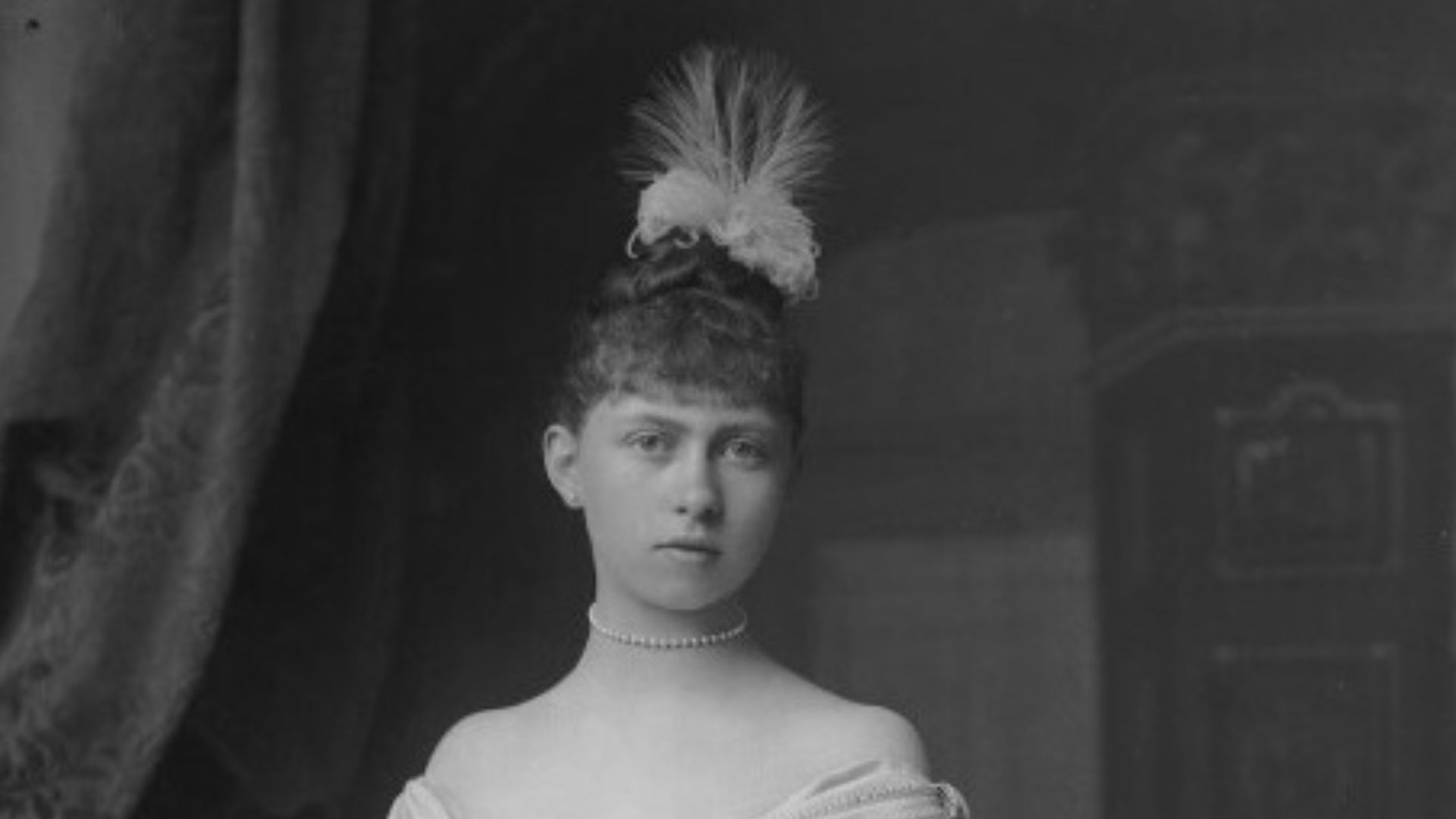 Alexander Bassano, Wikimedia Commons
Alexander Bassano, Wikimedia Commons
3. She Met Someone
While spending the summer of 1887 in England to celebrate Queen Victoria’s Golden Jubilee, Princess Sophie spent more time with Crown Prince Constantine of Greece. He had recently completed his German army training and had become Duke of Sparta, and the two greatly enjoyed each other's company.
This wouldn’t be their last meeting, however.
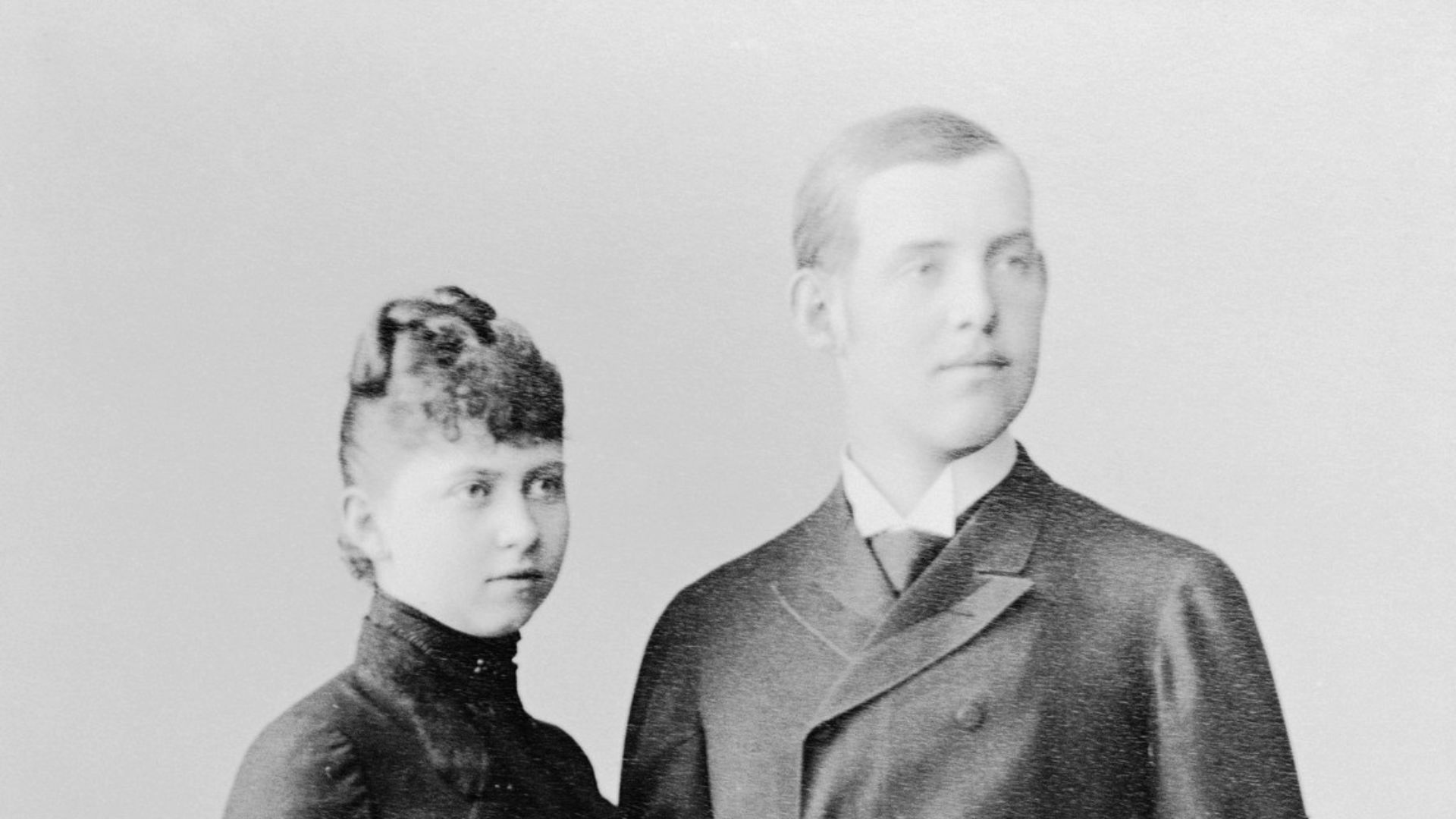 Wilhelm Höffert, Wikimedia Commons
Wilhelm Höffert, Wikimedia Commons
4. They Fell For Each Other
The following year brought Sophie and Constantine together again, albeit under less happy circumstances. At Emperor William I’s funeral in March, the two of them grew closer and soon fell in love, becoming engaged six months later. Of course, as was common with royal marriages, the two were also third cousins in descent from Paul I of Russia.
Unfortunately, a more tragic event was on the horizon.
 Bildagentur-online, Getty Images
Bildagentur-online, Getty Images
5. She Lost Him
The end of the decade brought Sophie the first major loss in her family, as her father, Emperor Frederick III, had been suffering from throat cancer. As a last bit of silver lining, Sophie was able to spend his last days with him, including her birthday, when he gifted her a flower bouquet. Sadly, he passed the following day.
Still, amid this loss, she took the next step in her relationship.
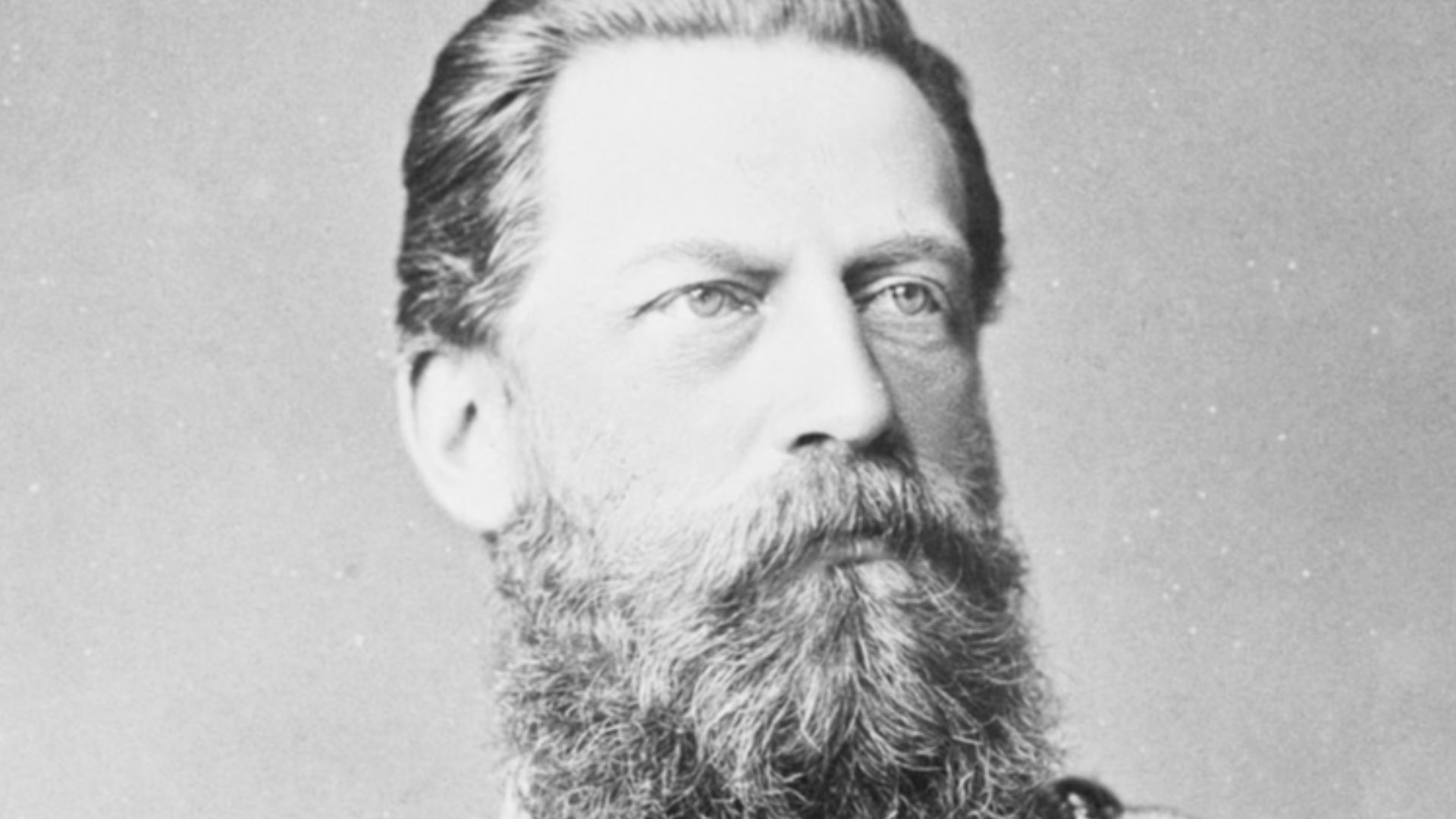 Reichard & Lindener, Wikimedia Commons
Reichard & Lindener, Wikimedia Commons
6. They Did It Twice
A year after their engagement, Sophie and Constantine finally tied the knot on October 27, 1889. To appease the denominations of both families, the happy couple had an Orthodox ceremony, which the public witnessed, and a more private Protestant ceremony afterward. Both took place in Athens, and as a whole, it was the city’s first major international event.
This had an uplifting effect on the country.
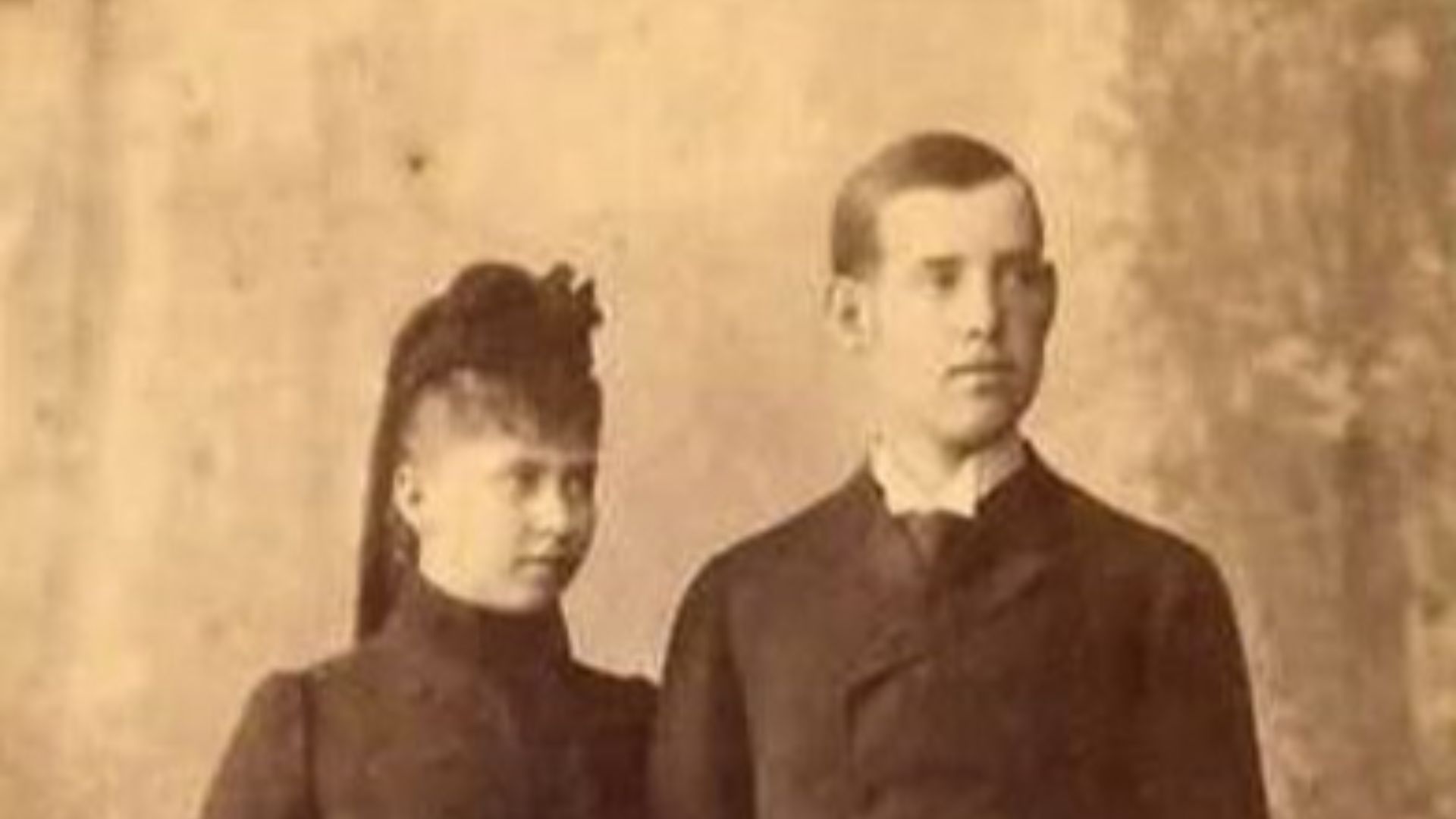 Not mentioned, Wikimedia Commons
Not mentioned, Wikimedia Commons
7. They Were Hopeful
While the marriage of Sophie—now called Sophia—and Constantine was momentous by itself, their specific union had an even higher meaning. Beyond their connection to each other, the couple coincided with a Greek legend, saying that when a King and Queen of their names took the throne, Greece would take control of the Hagia Sophia and Constantinople.
As for the couple themselves, their family soon grew.
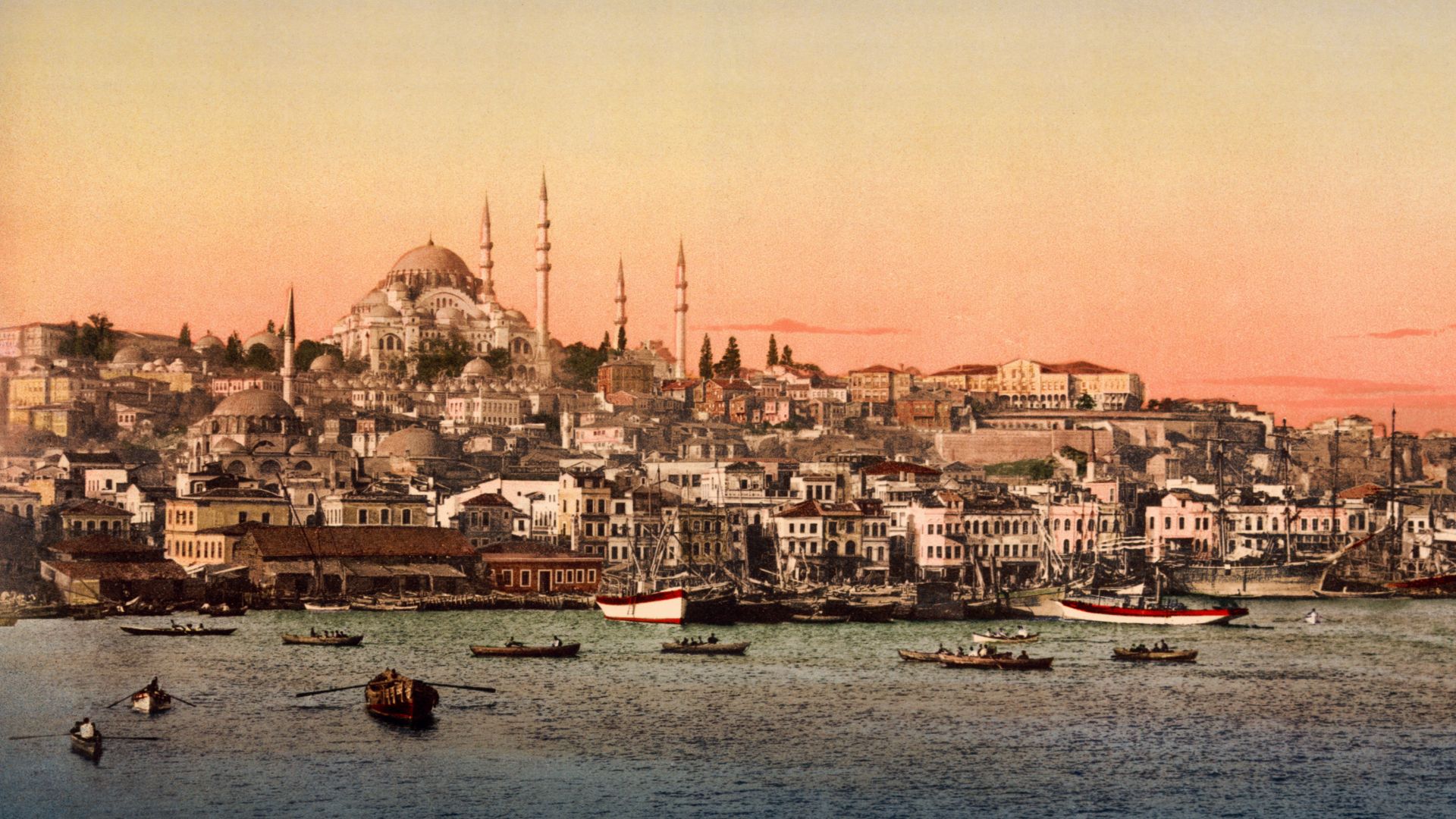 Detroit Publishing Co., under license from Photoglob Zürich, Wikimedia Commons
Detroit Publishing Co., under license from Photoglob Zürich, Wikimedia Commons
8. She Gave Birth
Following her marriage to Constantine and moving into their new residence in Athens, Sophia found her simpler and more secluded life to be both lonely and, at times, boring. However, the two royals welcomed their first child, George, just seven months into their married life. Although there were complications, both Sophia and George made it through.
Soon after, she would be in for another big change.
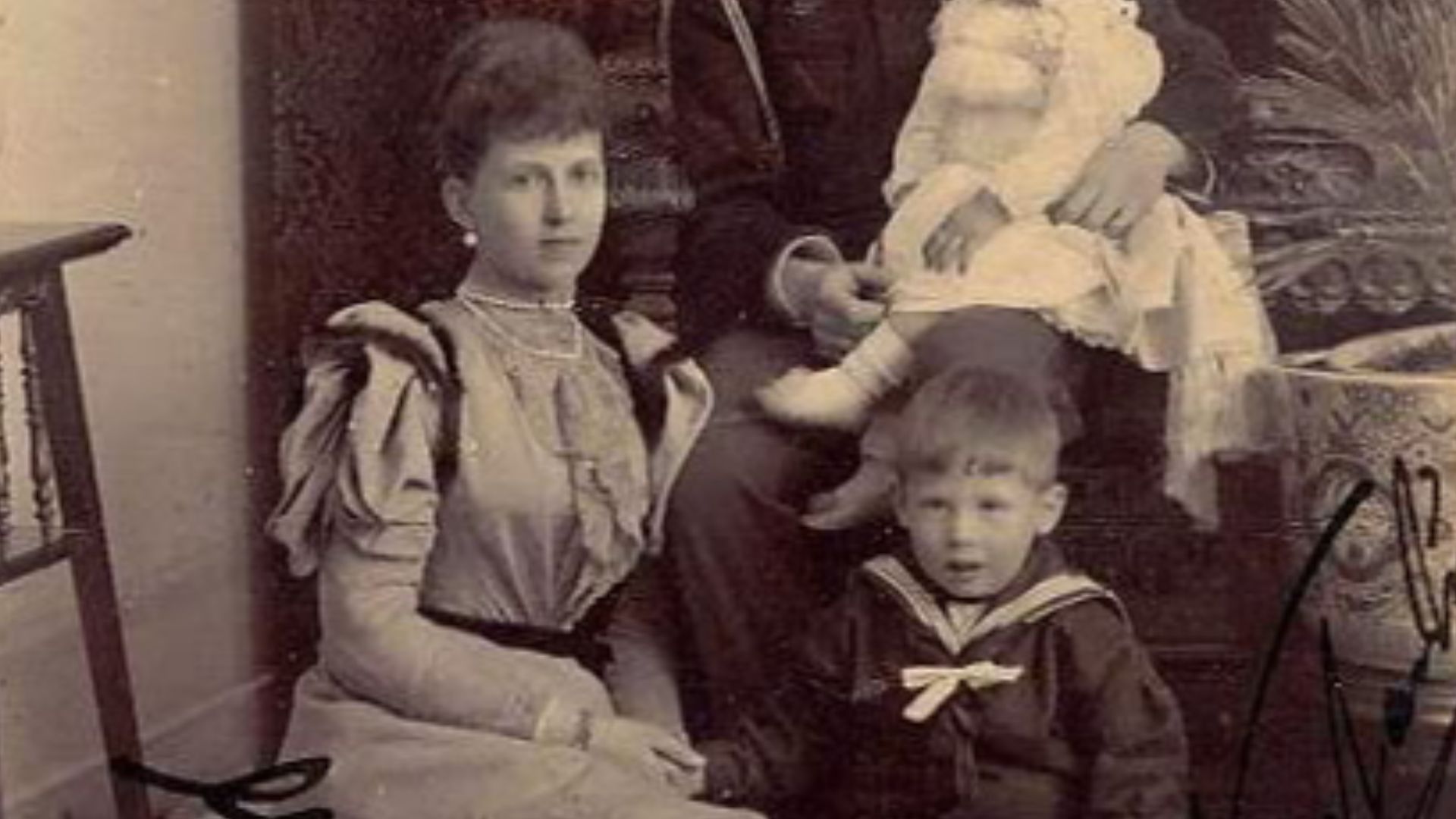 Unknown authorUnknown author, Wikimedia Commons
Unknown authorUnknown author, Wikimedia Commons

History's most fascinating stories and darkest secrets, delivered to your inbox daily.
9. She Switched It Up
Having spent nearly a year in Greece, getting to know the culture of her new subjects and family, Sophia made a big decision. To be further connected to them, she chose to change faiths and become Orthodox, a decision that not only made her in-laws elated, but also received the blessing of her grandmother, Queen Victoria.
But not everyone was pleased in the matter.
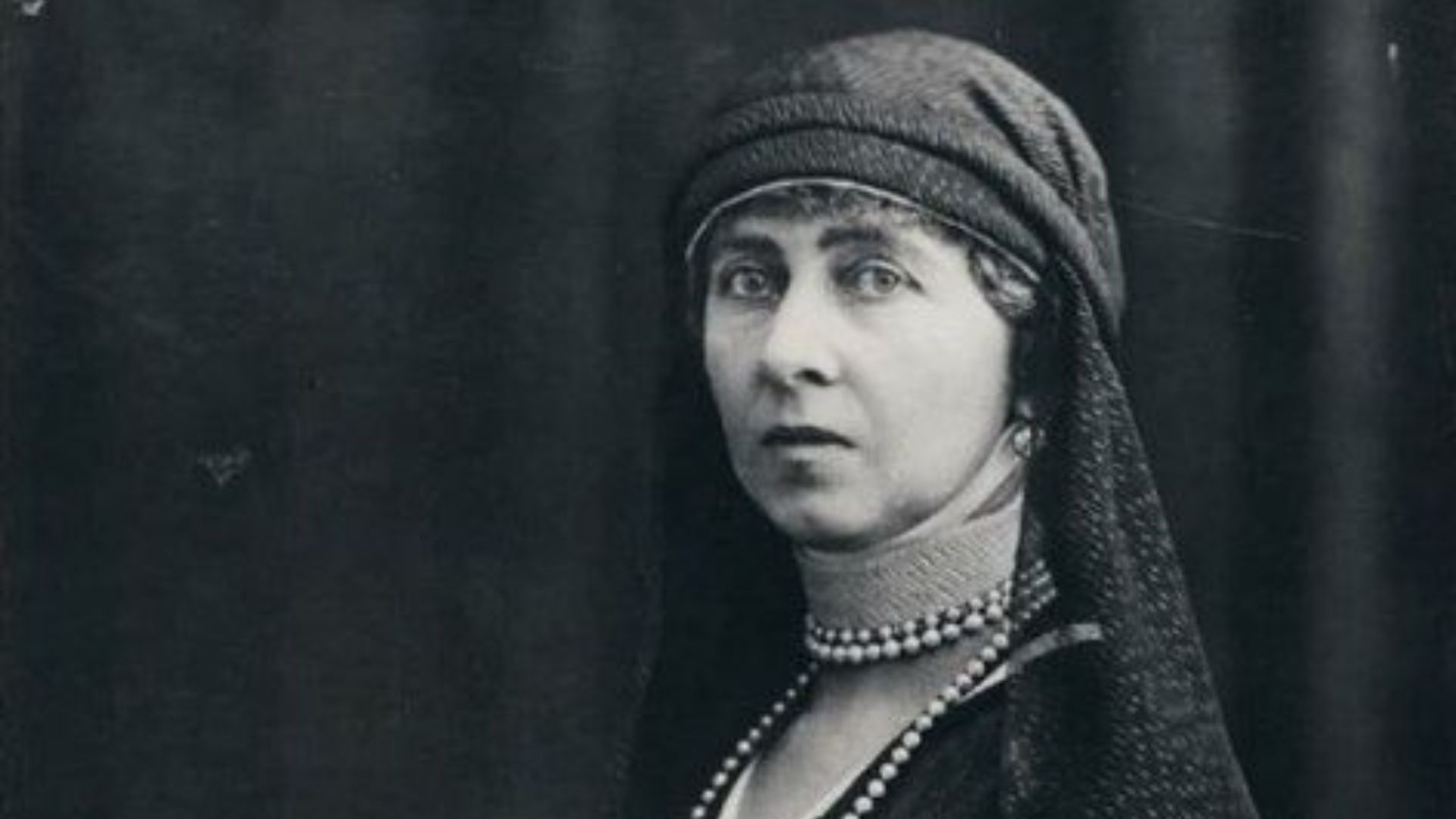 Unknown 1923 photographer, Wikimedia Commons
Unknown 1923 photographer, Wikimedia Commons
10. She Broke The News
While many had accepted and even celebrated Sophia’s conversion, she expected one man wouldn’t be happy. Her brother, the new Prussian Emperor William II, was also Head of the Prussian Union of Churches, and she knew he would disapprove. Still, she told him about it personally, which validated her fears as he responded with outrage at her “disobedience”.
And this wasn’t something he would ever forget, either.
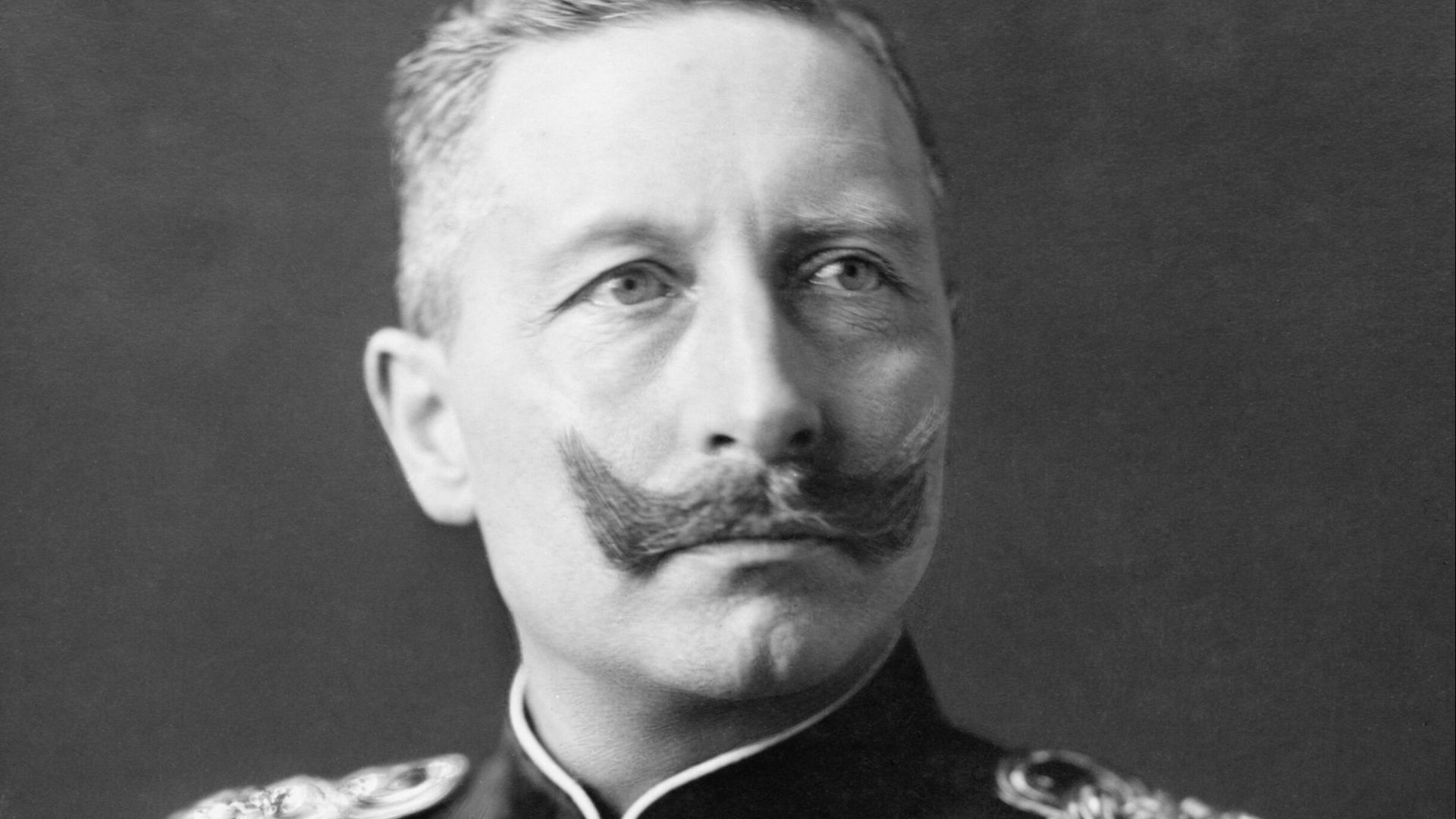 Studio of Thomas Heinrich Voigt, Wikimedia Commons
Studio of Thomas Heinrich Voigt, Wikimedia Commons
11. He Never Forgave Her
Despite William II’s anger—and insistence that the news had triggered his wife’s premature labor—Sophia went through her conversion officially on May 2, 1891. William told her she was prohibited from entering Germany for three years, but this was never officially recognized. Even so, he never let go of his disdain.
Although he thought so little of her, she soon proved her worthiness.
12. She Did Her Part
The love from Sophia’s Greek subjects wasn’t only due to her Orthodox belief, but because she continuously demonstrated her care. Throughout her rule, she helmed and involved herself in many projects to help those in need. These included developing orphanages and soup kitchens, as well as aiding refugees from the Ottoman Empire.
Still, her brother wouldn’t let his anger go.
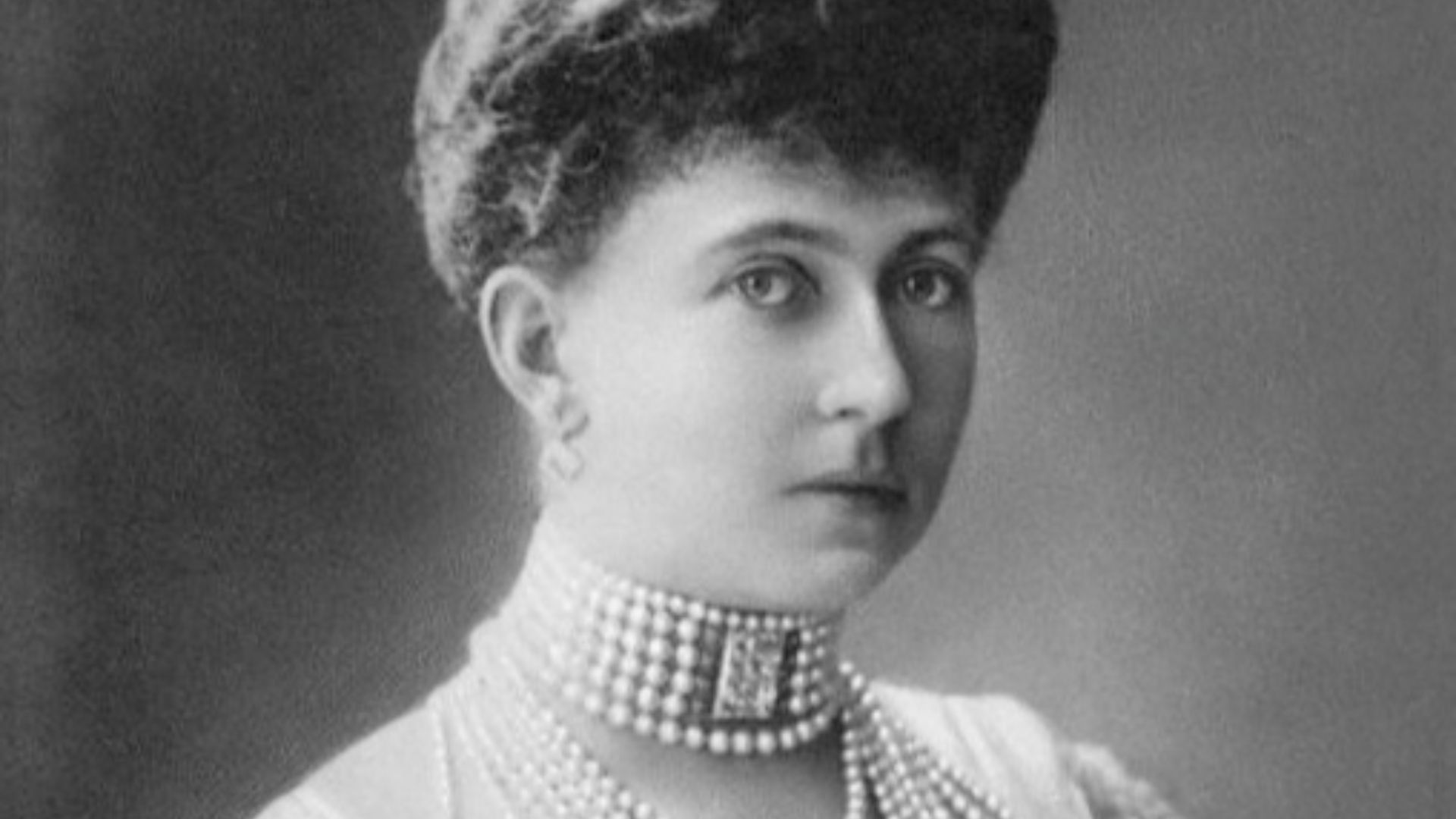 Unknown authorUnknown author, Wikimedia Commons
Unknown authorUnknown author, Wikimedia Commons
13. He Was Spiteful
Intent on never letting Sophia forget his disappointment, William II sustained his petty attitude even in severe situations. In 1897, when hostilities broke out between the Ottoman Empire and Greece, he supported the former to spite Sophia. Plus, when she asked him to mediate, he would only do so if Greece agreed to some humiliating stipulations.
This soured the public's view toward the royal couple.
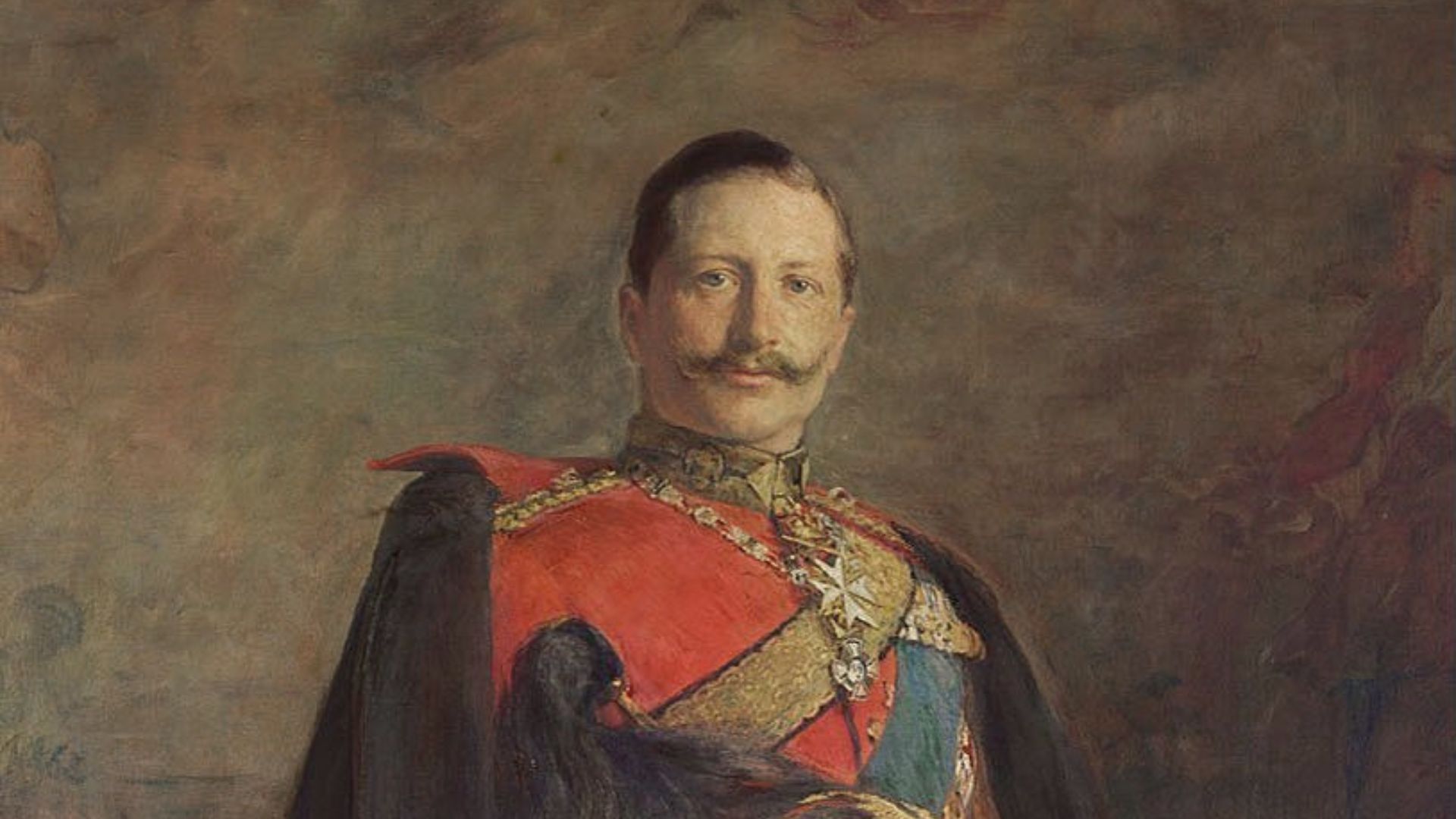 Arthur Stockdale Cope, Wikimedia Commons
Arthur Stockdale Cope, Wikimedia Commons
14. They Turned Against Him
In the wake of the Greco-Turkish conflict, many blamed Sophia for allowing William II to humiliate Greece, but Constantine wasn’t off the hook either. The public largely blamed him for Greece’s defeat against the Ottomans, and not only called for him to be brought before the courts, but also for his father to step down.
Meanwhile, Sophia had worse things in store.
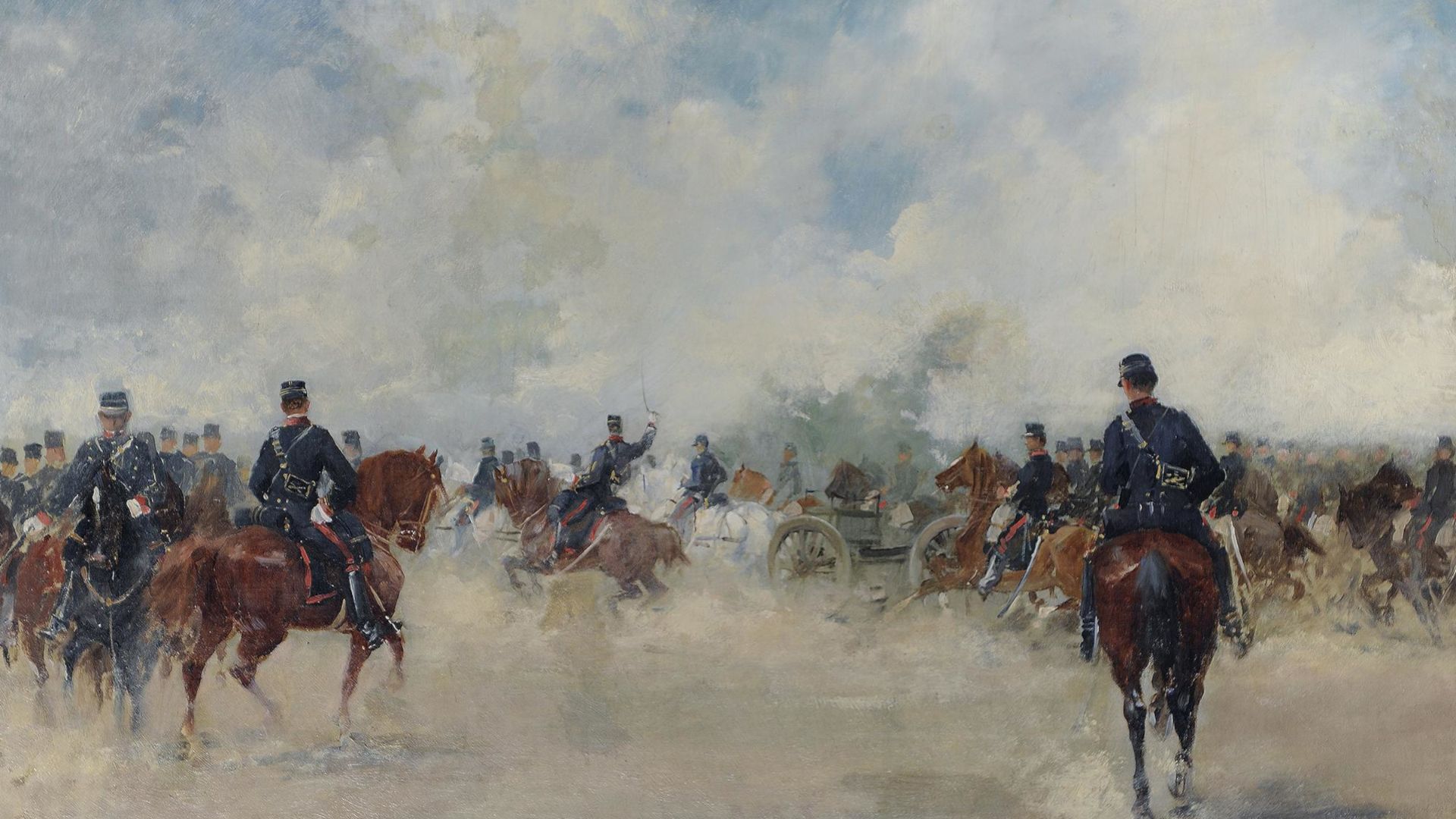 Georgios Roilos, Wikimedia Commons
Georgios Roilos, Wikimedia Commons
15. She Went To Mourn
Moving into the 1900s, Sophia became troubled by health issues affecting the women in her family. All while dealing with several international conflicts, Queen Victoria’s age began to show, and her condition declined. Finally, on January 22, 1901, the Queen passed due to a cerebral hemorrhage, and Sophia went to the UK to attend the funeral.
This wasn’t the end of her grief, though.
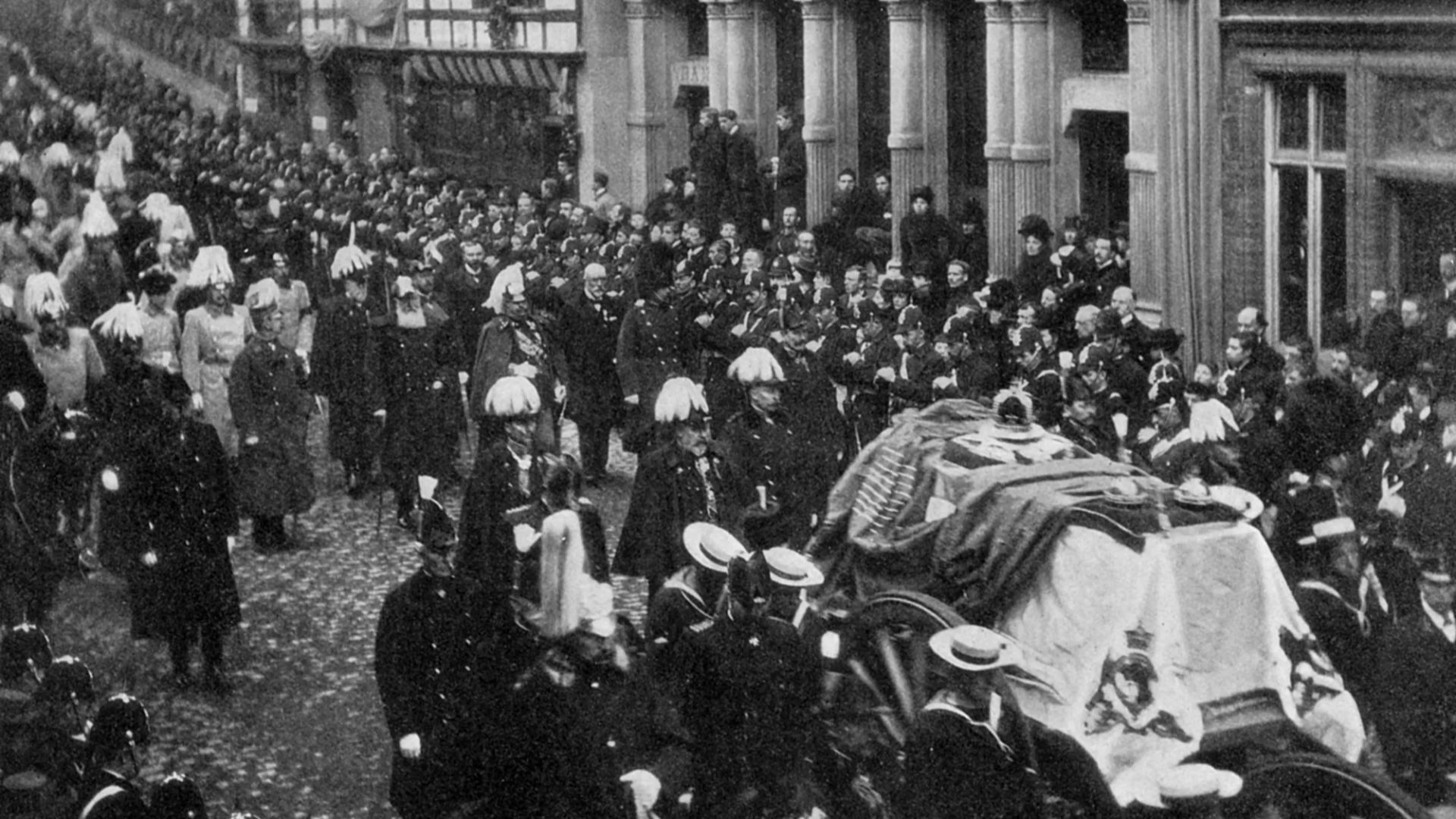 Bender & Lewis, Croydon, Wikimedia Commons
Bender & Lewis, Croydon, Wikimedia Commons
16. She Lost Someone Else
Queen Victoria hadn’t been the only one in poor health, as Sophia’s mother, the Empress Dowager of Germany, received a cancer diagnosis. Later in 1901, Sophia and her sisters traveled to their mother’s side, knowing it wouldn’t be long before she passed. This became true on August 5, and Sophia mourned a family loss for the second time that year.
Back home, things weren’t going too well for Constantine, either.
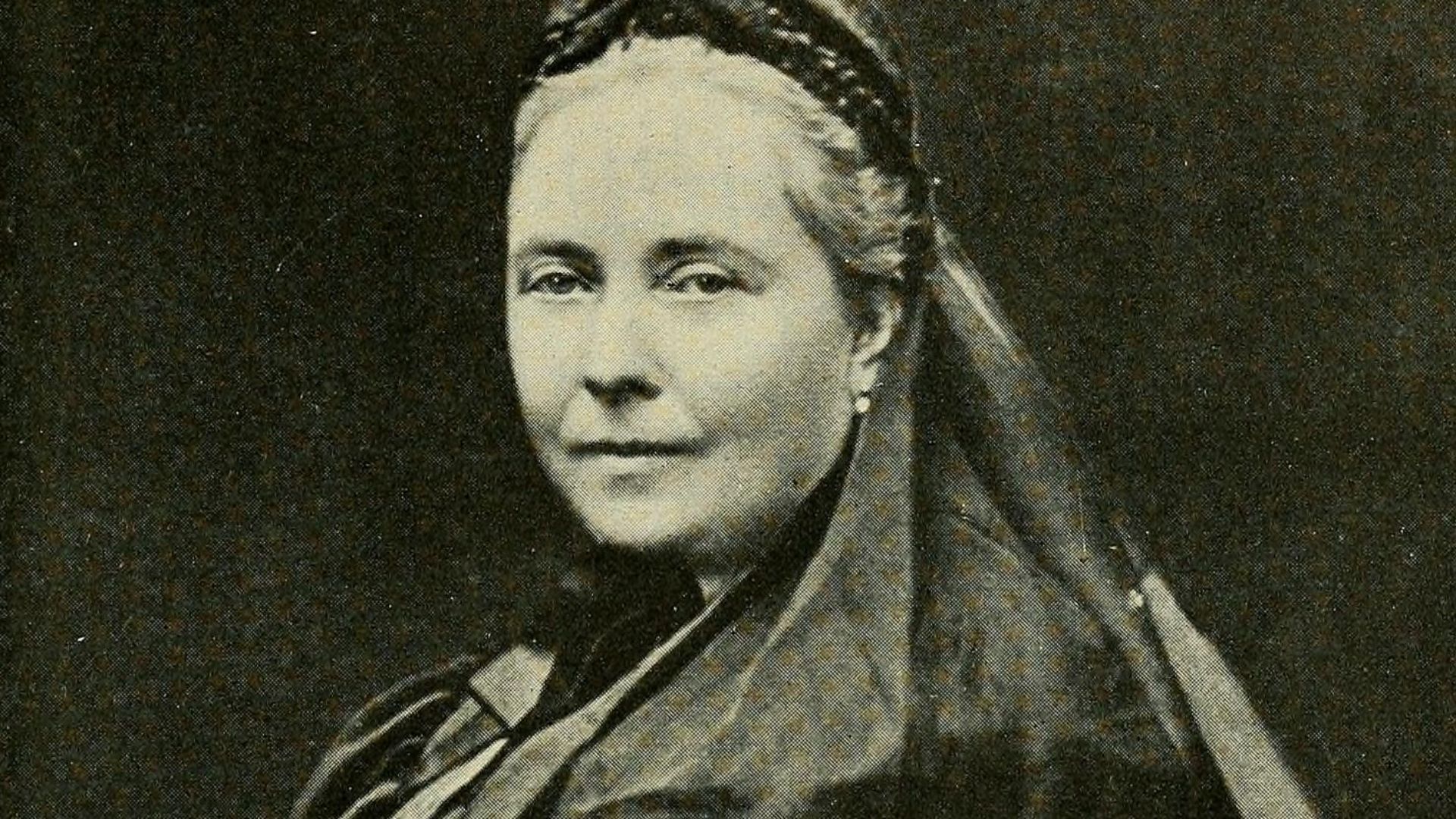 Internet Archive Book Images, Wikimedia Commons
Internet Archive Book Images, Wikimedia Commons
17. They Turned Treasonous
In 1908, the previously Ottoman-ruled island of Crete declared its union with Greece—which seemed one-sided. Fearing that accepting the union would rile things up with the Ottoman Empire, Greece wouldn’t recognize it. Upset and disappointed, a group of officers initiated the Goudi coup, demanding that the King take Constantine out of the army.
The coup also allowed a new player to join the board.
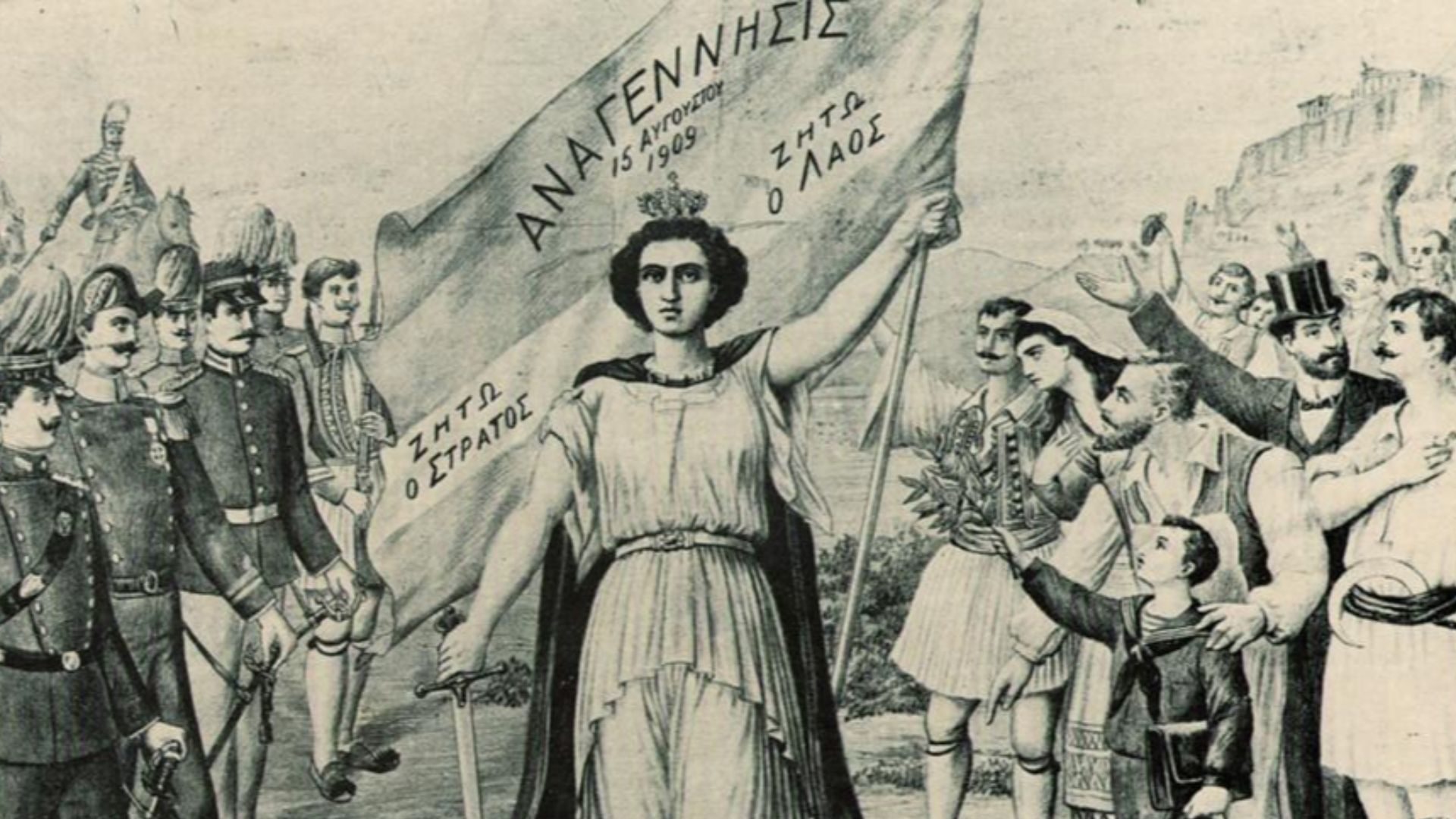 Sotiris Christidis, Wikimedia Commons
Sotiris Christidis, Wikimedia Commons
18. He Rose Up
To avoid putting his father through any further embarrassment, Constantine left the army before taking Sophia and their children to Germany. Meanwhile, the Goudi coup had led to large reforms, which especially supported the army. Furthermore, in 1910, a Cretan politician named Eleftherios Venizelos won the election for Prime Minister—this made Sophia wary.
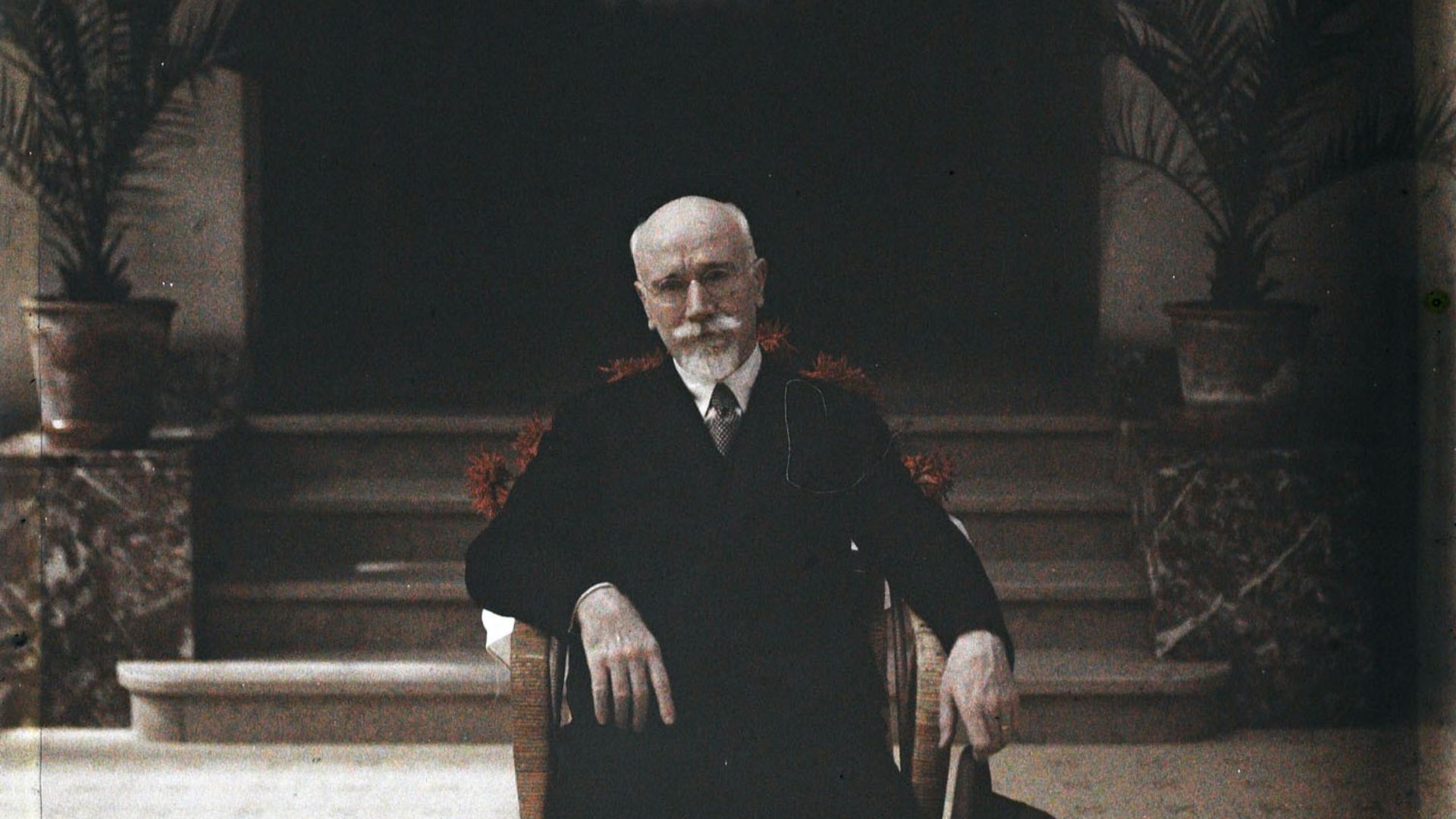 Stéphane Passet, Wikimedia Commons
Stéphane Passet, Wikimedia Commons
19. She Didn’t Trust Him
After a year away from Greece, Sophia, Constantine, and their children returned and faced the country’s new political landscape. From the get-go, Sophia had a bad feeling about Eleftherios Venizelos. Adding to the fact that these new reforms rubbed her the wrong way, she considered Venizelos somewhat at fault for the royal family’s embarrassment.
Regrettably, someone much closer to her was also untrustworthy.
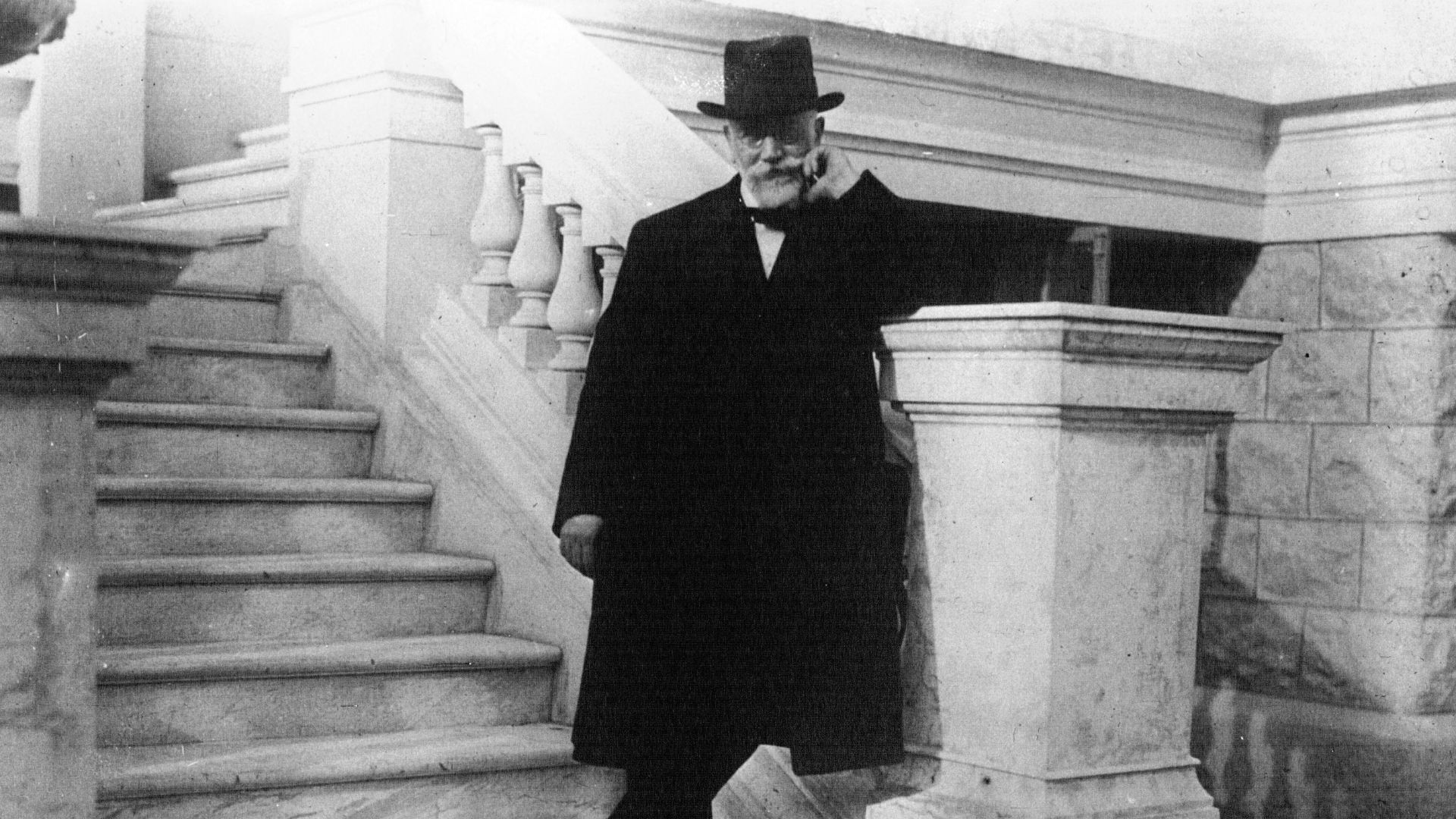 Agence de presse Meurisse, Wikimedia Commons
Agence de presse Meurisse, Wikimedia Commons
20. He Was Unfaithful
From early on, Constantine fell in love with Sophia and was immediately taken with her. This pattern of instant attraction didn’t stop with her, though, and he started seeing other women on the side. By 1912, the couple’s relationship was noticeably different, but instead of leaving or denouncing him, Sophia chose to tolerate his infidelity.
However, to the public, he wasn’t the only one at fault.
21. They Spread Rumors
Over the past several years, Sophia had given birth to five of her and Constantine’s children, and on May 4, 1913, they welcomed their last, Katherine. This should have been a cause for celebration, but Sophia’s subjects started talking. Instead of Constantine’s affairs, the word on the street was that the child was Sophia’s with someone else.
Despite all this strife, their time finally came.
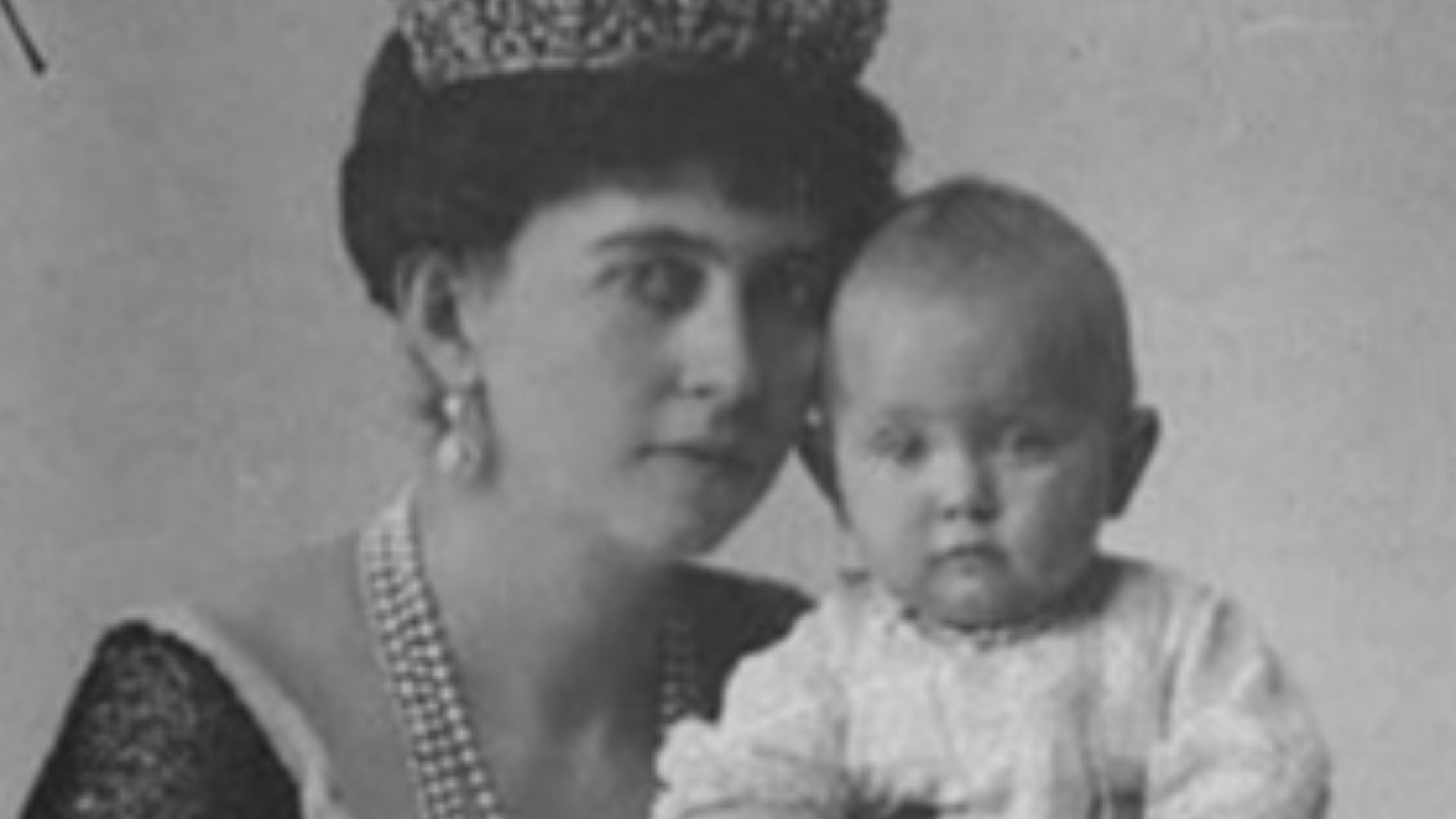 Unknown 1913 Greek photographer, Wikimedia Commons
Unknown 1913 Greek photographer, Wikimedia Commons
22. They Ascended
In 1913, tensions in Greece had become dangerous, reaching a tipping point on March 18. Having relocated to Thessaloniki, King George I was taking a stroll without his guard when he was fatally shot from behind by an anarchist named Alexandros Schinas. For Constantine, this meant the loss of his father, as well as the accession of him and Sophia.
Being the new King and Queen, they had a much larger problem heading toward them.
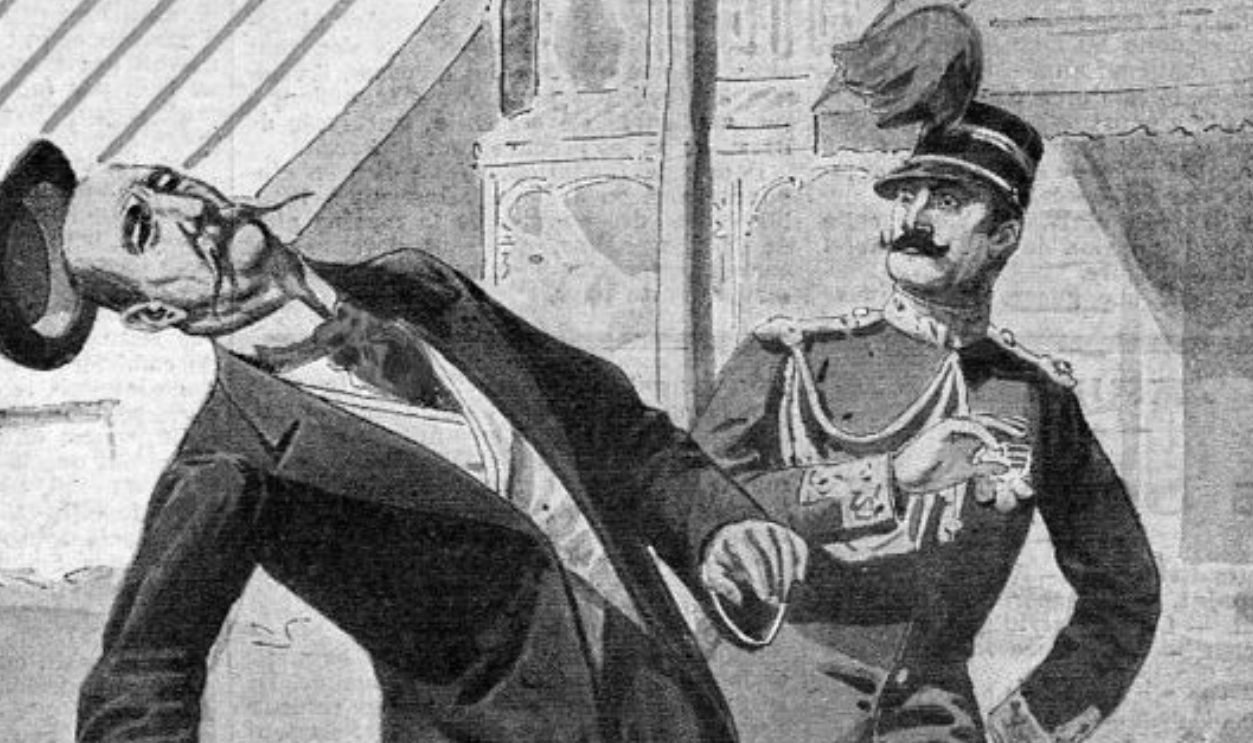 Unknown Author, Wikimedia Commons
Unknown Author, Wikimedia Commons
23. He Wanted To Help
Sophia and Constantine had nothing short of a trial by fire in their first years as rulers. WWI began the following year, and although Constantine believed Greece should help the Triple Entente fight the Ottoman Empire, he was in the minority. The country lacked the resources to enter the conflict, and the King’s Staff threatened to quit if he decided to do so.
Instead, he tried to play it safe.
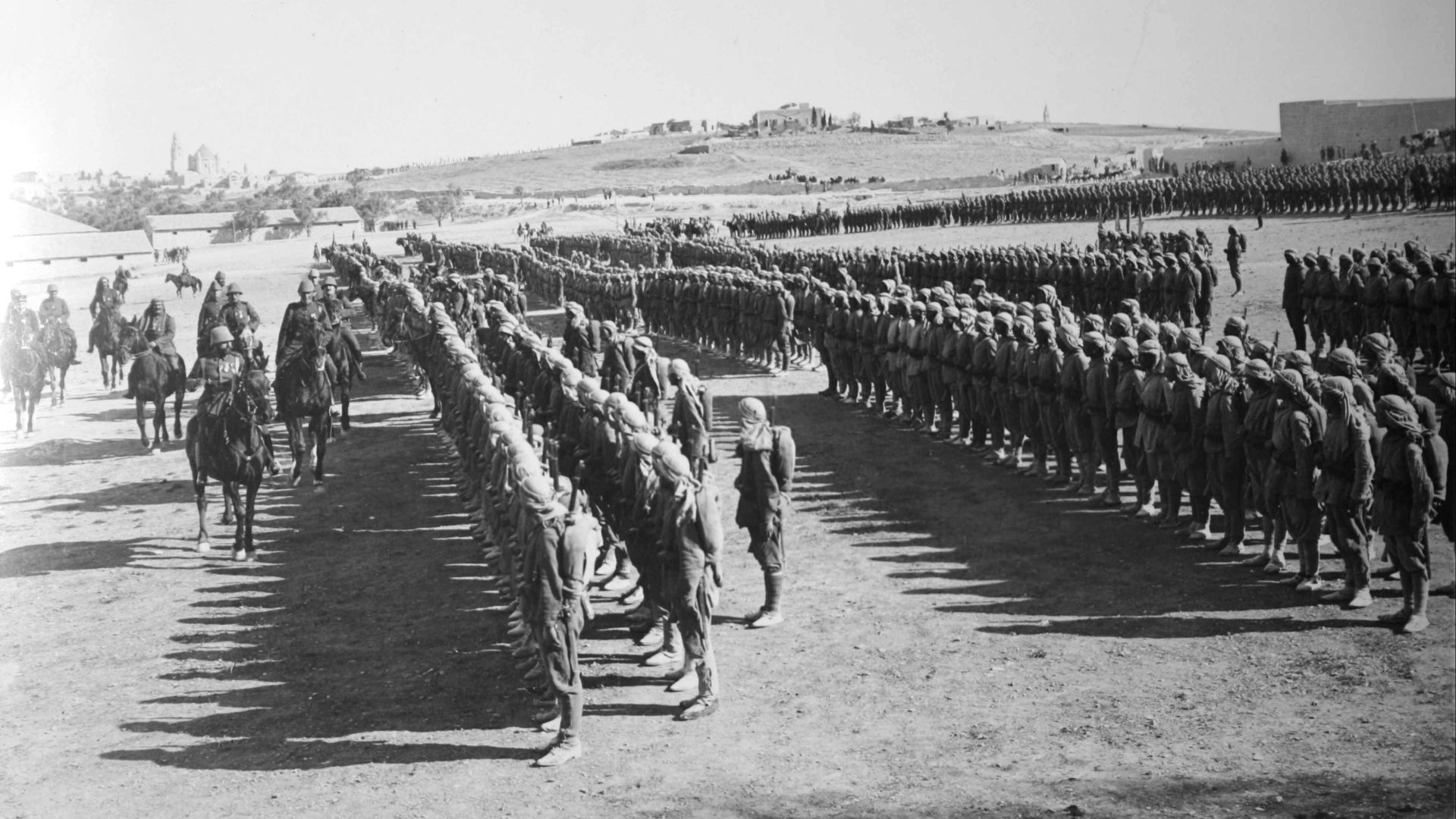 The Education program of the National Library of Israel, Wikimedia Commons
The Education program of the National Library of Israel, Wikimedia Commons
24. They Tried To Remain Neutral
Recognizing the impracticality of Greece entering WWI, Constantine knew that neutrality was the only way forward. However, when the Allies occupied Thessaloniki, Greece balanced the scales by surrendering Fort Roupel to the Germans. This resulted in German-Bulgarian forces surging across eastern Macedonia and taking the lives of many Greeks.
At the same time, Constantine was starting to feel a more physical toll.
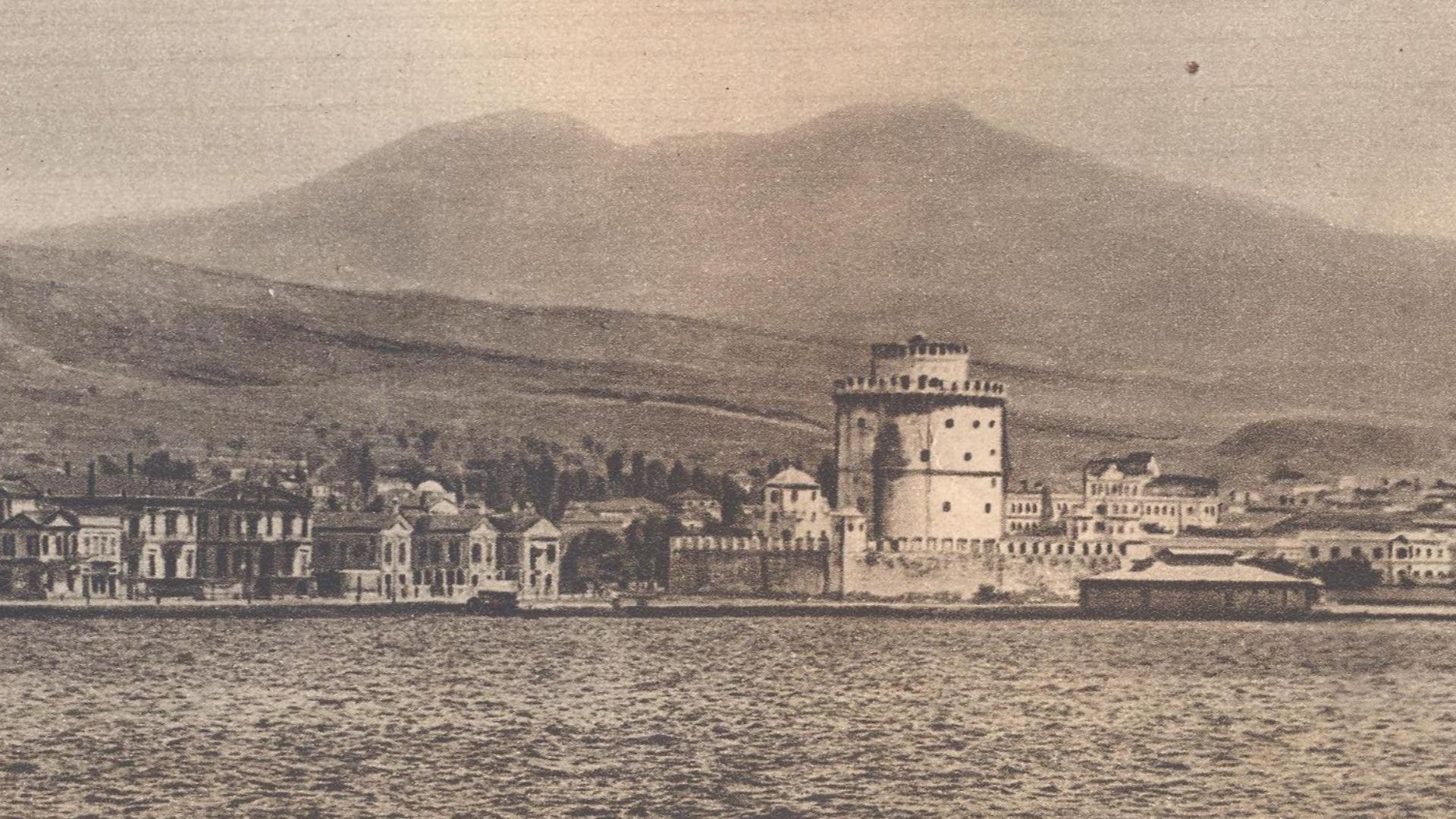 Unknown authorUnknown author, Wikimedia Commons
Unknown authorUnknown author, Wikimedia Commons
25. He Got Sick
Through these problems, Sophia did her best to help Constantine. Unfortunately, this became harder as each issue seemed to weaken the King more, until pleurisy nearly caused him an early demise. Although he remained bedridden for weeks, he recovered after he had surgery and came into contact with the mystical Icon of the Annunciation.
Still, even his sickness wasn’t immune to speculation.
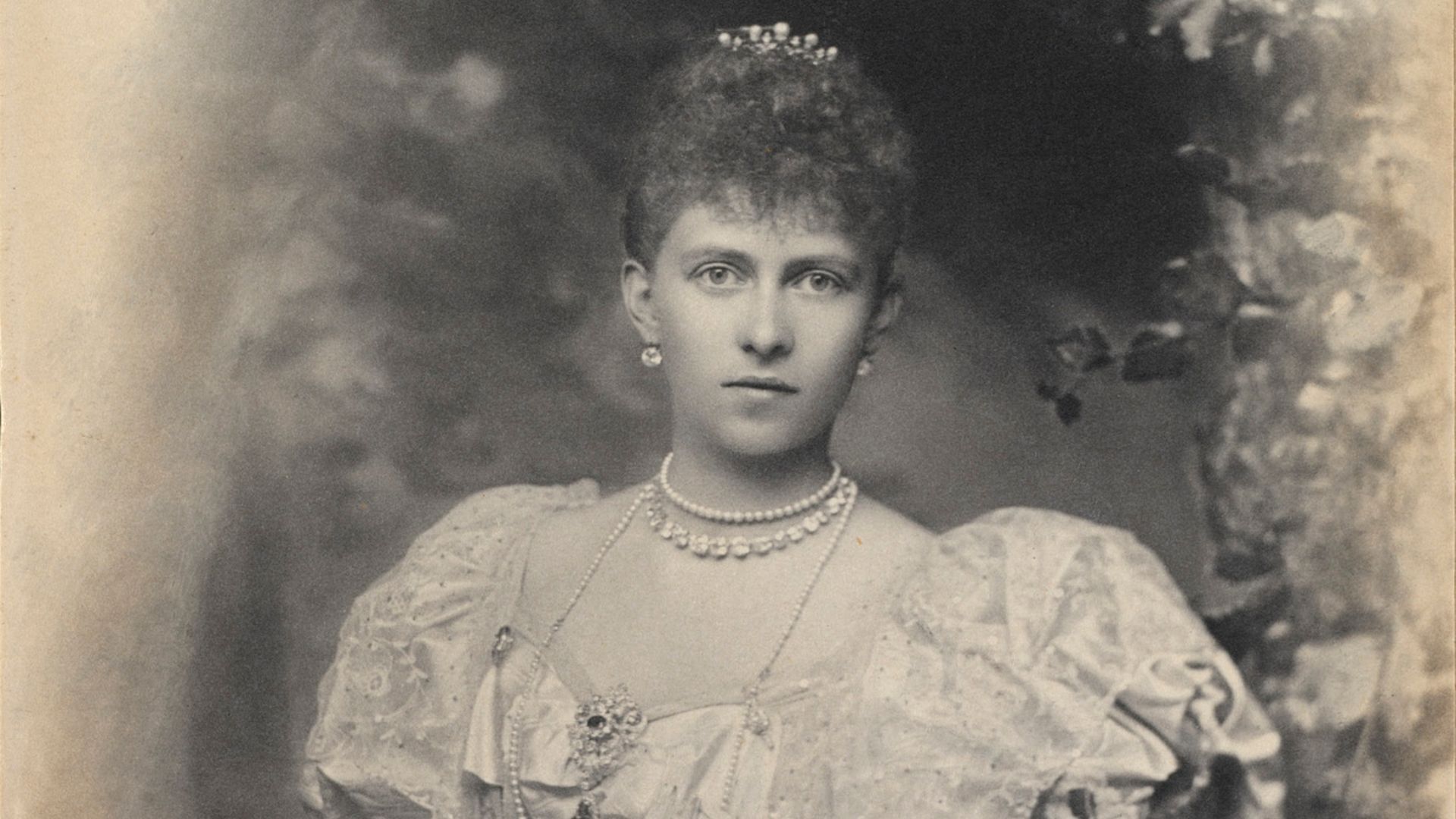 Unknown authorUnknown author, Wikimedia Commons
Unknown authorUnknown author, Wikimedia Commons
26. They Told Lies
Since his election, Prime Minister Venizelos’ hostility had become more of an issue, and his followers did everything they could to discredit the royal family. This included while the King was sick, during which time they spread rumors that he hadn’t fallen ill, but that Sophia had wounded him when he refused to aid her brother, William II, in the conflict.
Finally, someone had enough.
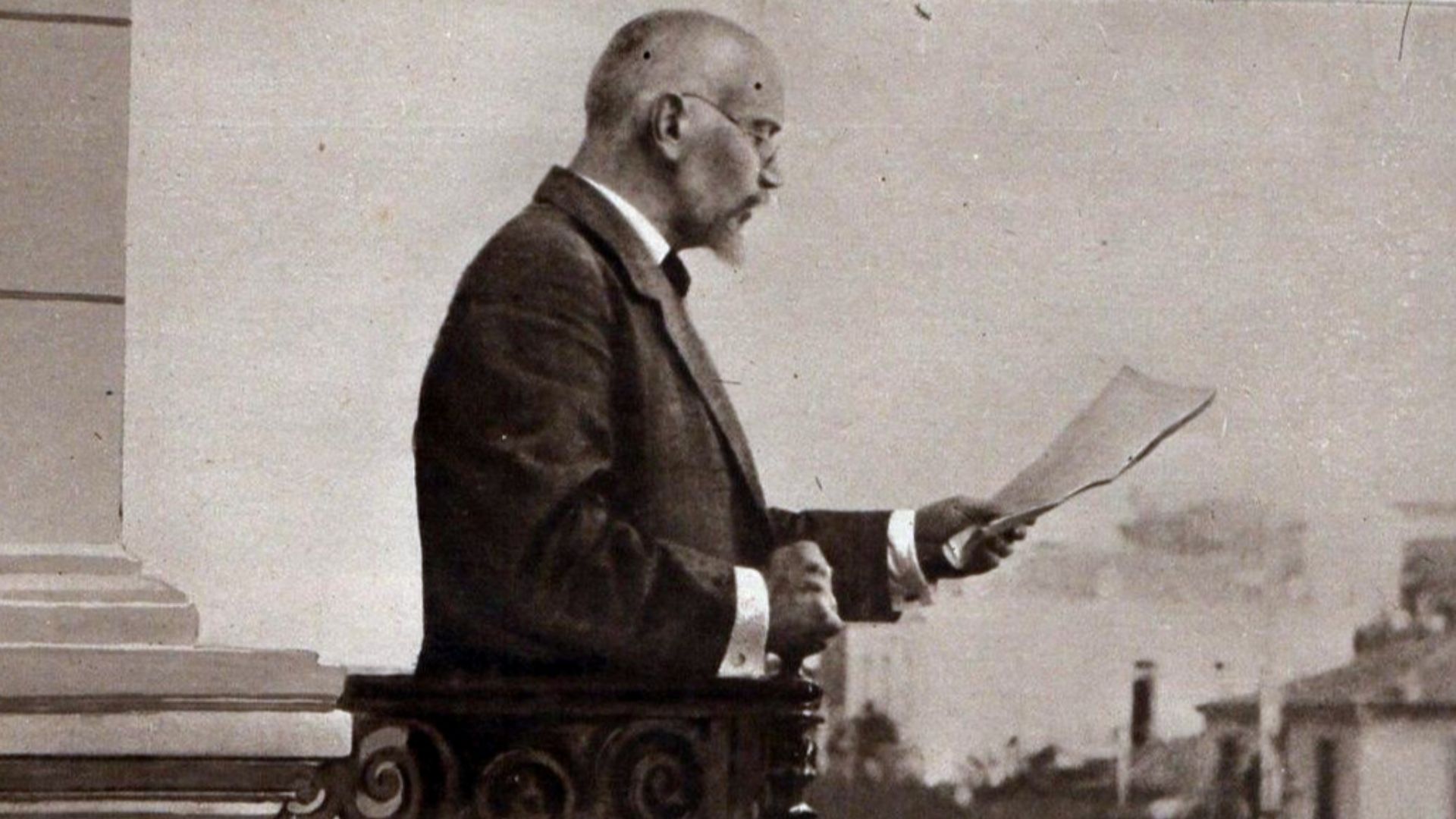 Anonymous photographs, taken in Greece and published by le Miroir, Wikimedia Commons
Anonymous photographs, taken in Greece and published by le Miroir, Wikimedia Commons
27. He Forced His Hand
Greece finally took its next step toward conflict in 1915 when, after Bulgaria targeted Serbia—a Greek ally—Constantine agreed to the Prime Minister’s push for mobilization. However, the King proclaimed this was only out of defense, so Venizelos requested an Allied occupation of Thessaloniki to force Constantine’s reaction.
In response, the King left once the Allies arrived—which wasn’t a good look for the royals.
28. They Felt Betrayed
Although wanting to remain neutral, Constantine’s decisions and Sophia’s German connections had painted Greece in an unfriendly light to the Allies. The governments of the Triple Entente believed the King and Queen had been double-crossing the Allied Powers, with France accusing Sophia of secretly aiding Germany.
This meant the sovereigns were in even more danger.
29. She Saved Her
Like the tensions which surrounded Constantine’s father, by 1916, the rulers’ lives grew all the more perilous, being the Triple Entente’s enemies. As one of several possible plots against the King and Queen, a fire suspiciously broke out at their summer palace on July 14, forcing Sophia to escape through two kilometers of woods while carrying Princess Katherine.
Despite all this, Sophia still did what she could.
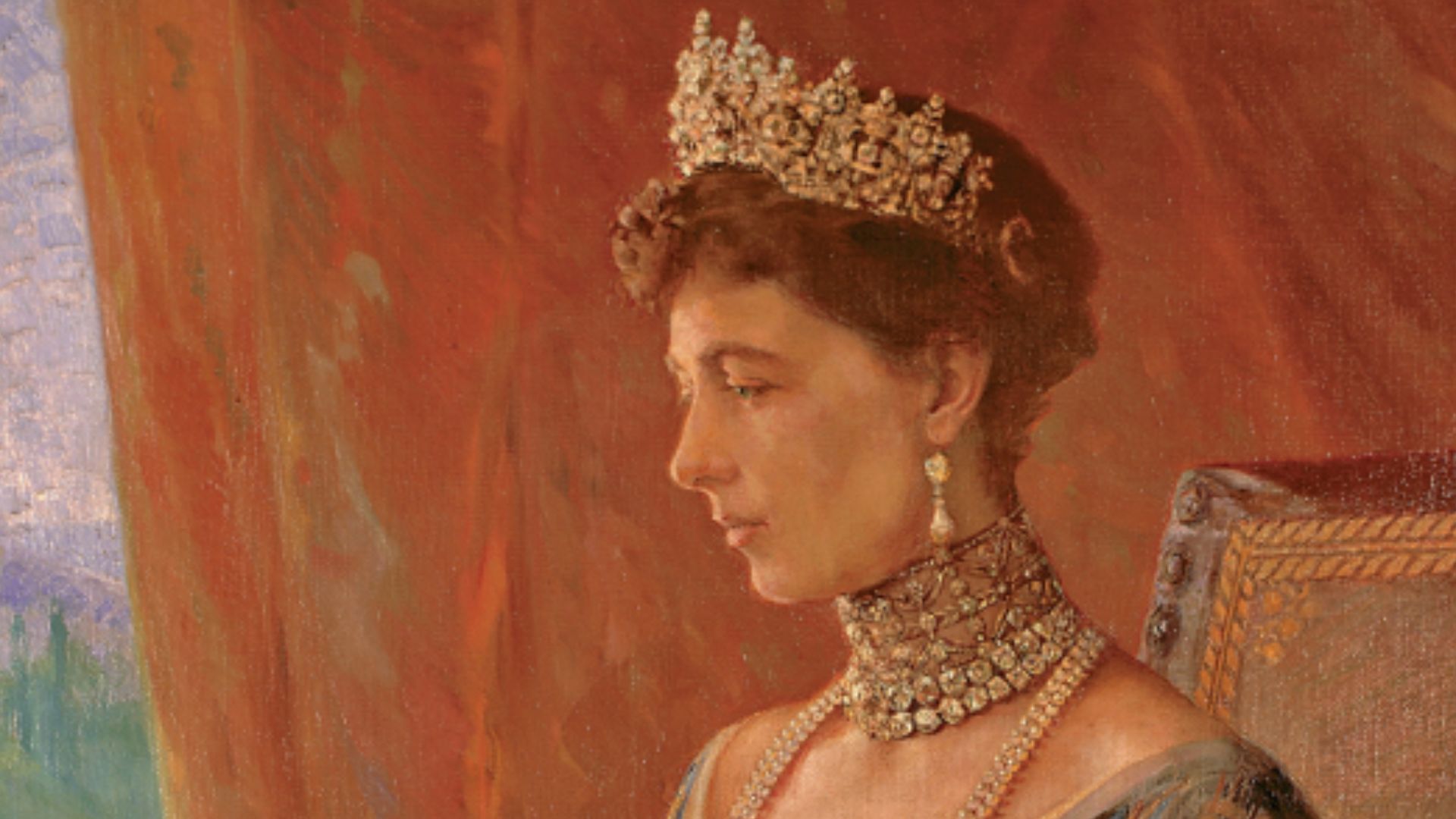 Georgios Jakobides, Wikimedia Commons
Georgios Jakobides, Wikimedia Commons
30. She Went Back To Work
Later in 1916, the Allied Powers escalated their hostilities against Greece by forming a blockade in the bay of Salamis. This cut off nearly all supplies to Athens, and the residents quickly fell into a severe famine. Sophia did everything she could to help her subjects, including working with the Patriotic League of Greek Women to give out 10,000 meals daily.
This wasn’t a permanent solution, however.
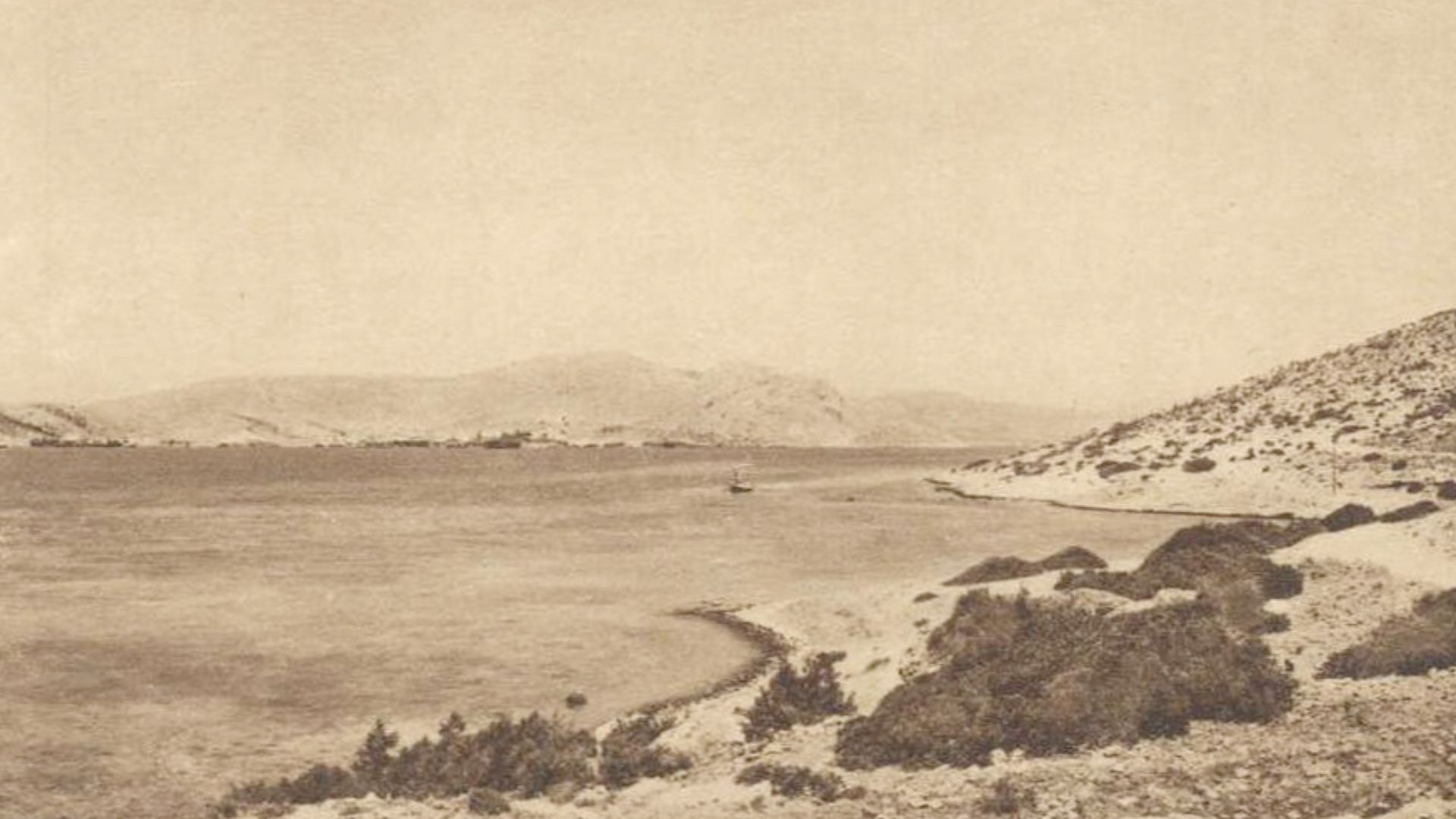 Frédéric Boissonnas, Wikimedia Commons
Frédéric Boissonnas, Wikimedia Commons
31. They Wanted Him Out
The Triple Entente was nowhere near ready to give up their blockade, and through this tactic, they attempted to persuade Constantine to agree to their demands. While much of their goal was the withdrawal of Greece’s army, France specifically offered to install Constantine’s younger brother, Prince George, as the new King.
Unfortunately for Greece, its disadvantages only grew.
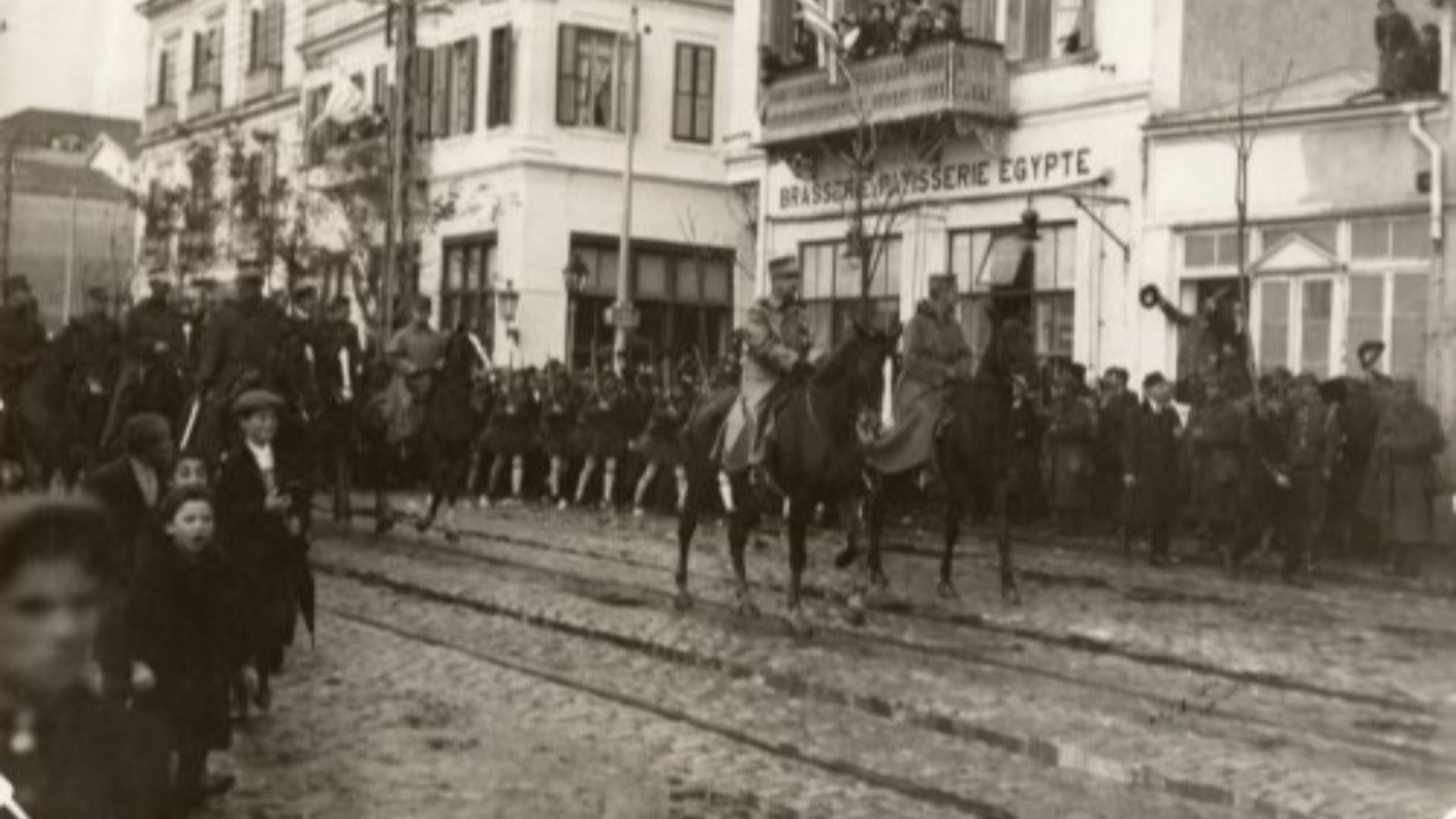 Unknown authorUnknown author, Wikimedia Commons
Unknown authorUnknown author, Wikimedia Commons
32. They Lost Their Protection
Toward the end of the year, Athens and the Triple Entente exchanged several blows until the latter proved too strong. Although Italy and Russia had previously agreed to stay out of this specific conflict, as Tsar Nicholas II was Constantine’s cousin, this changed when the Russian Revolution dethroned the Tsar in 1917, and Greece lost its allies.
Left without a choice, Constantine made a desperate move.
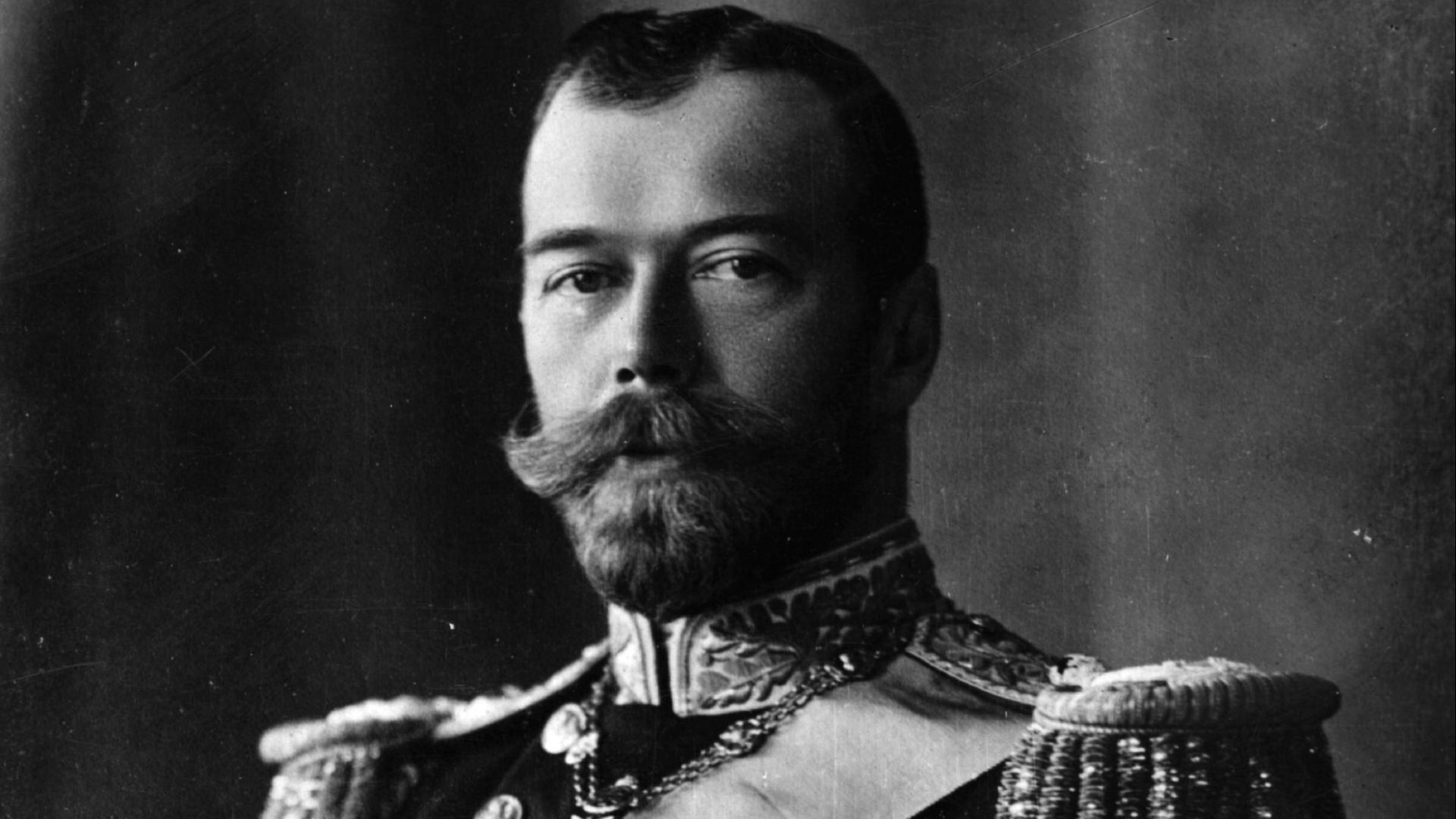 Boissonnas & Eggler, Wikimedia Commons
Boissonnas & Eggler, Wikimedia Commons
33. He Compromised
Powerless and desperate, Constantine had no choice but to submit to the demands of the Triple Entente, whose force of 10,000 prepared to march on Piraeus. However, while they called for his abdication, the King elected to “relinquish” his power to his second son, Alexander, considering him Regent until the King’s return.
Of course, this meant he and Sophia were no longer welcome.
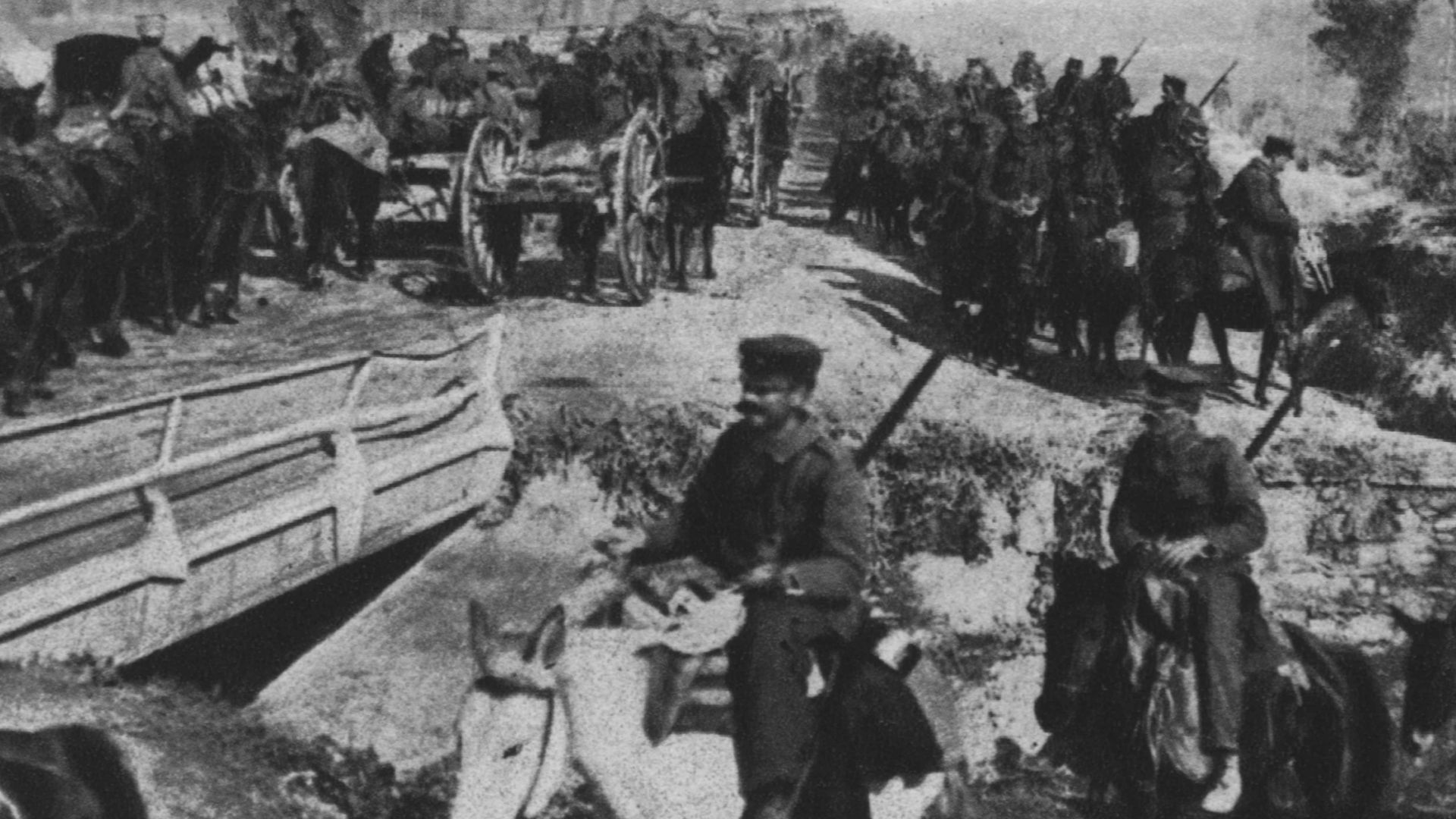 Unknown authorUnknown author, Wikimedia Commons
Unknown authorUnknown author, Wikimedia Commons
34. They Left
Now that the King had stepped down as ruler, he and the royal family became unwanted in Greece by the Triple Entente and Venizelists. So, on June 12, 1917, all of them—minus Prince Alexander—quietly fled Greece and took up their new exile in Switzerland. Naturally, this was especially hard on Sophia.
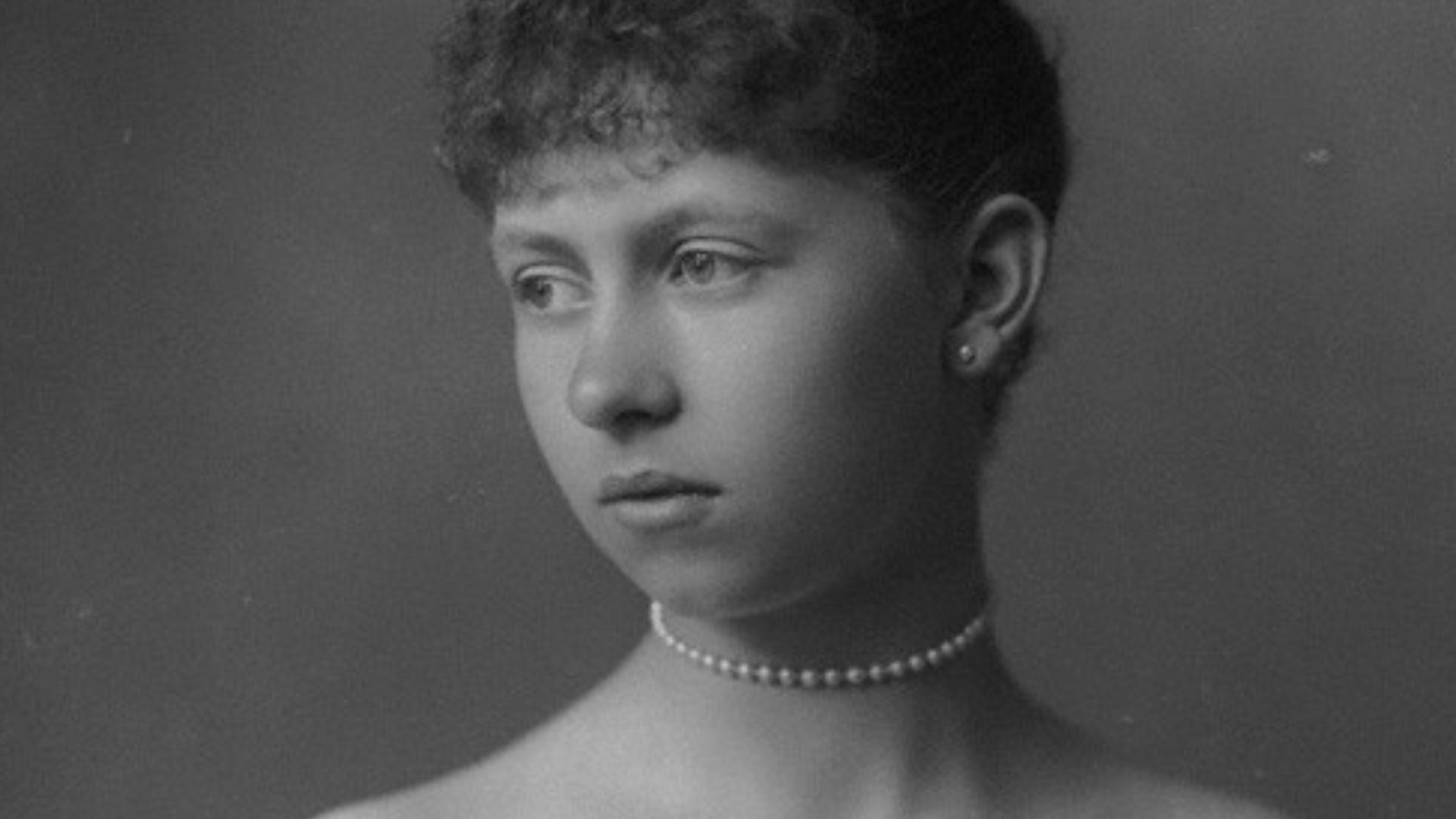 Alexander Bassano, Wikimedia Commons
Alexander Bassano, Wikimedia Commons
35. She Missed Him
Aside from having to abandon her subjects, Sophia faced the far more terrible task of leaving her son behind. Things would have been easier if Prince Alexander had kept in touch with his parents while they were in exile, but the government strictly forbade any contact between them, meaning that Sophia could not see or speak to her son.
Sadly, this situation only got worse.
 Unknown Author, Wikimedia Commons
Unknown Author, Wikimedia Commons
36. He Was Bitten
As it happened, Prince Alexander I’s reign as regent didn’t last long, since disaster befell him while he was at their summer palace, Tatoi, in 1920. Bizarrely, he wasn’t the victim of an assassin or rival noble, but a pet monkey. The creature bit him on October 2, and it didn’t take long for the infection to result in sepsis.
Although he was the acting ruler, the government denied him the one thing he wished for.
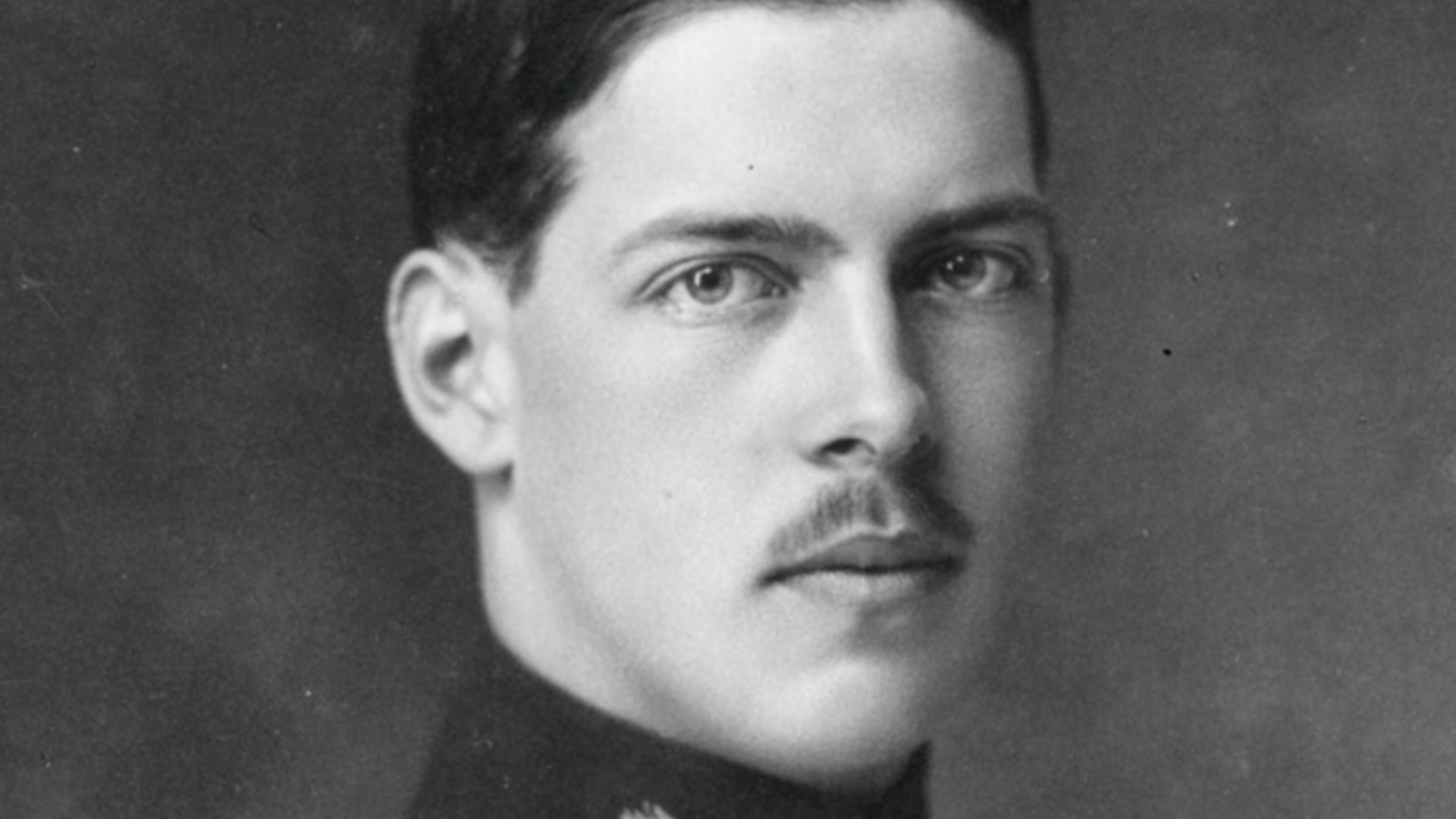 Charles Chusseau-Flaviens, Wikimedia Commons
Charles Chusseau-Flaviens, Wikimedia Commons
37. She Wasn’t Allowed Back
As Alexander’s fever progressed and delirium set in, he called out for his mother to come to his side. Despite her pleas, the government wouldn’t let Sophia back into Greece, so she sent her mother-in-law, the Dowager Queen Olga. The Venizelists allowed this, but the trip over the sea was so difficult that she didn’t arrive until 12 hours after Alexander had already perished.
Needless to say, Sophia’s world had crumbled.
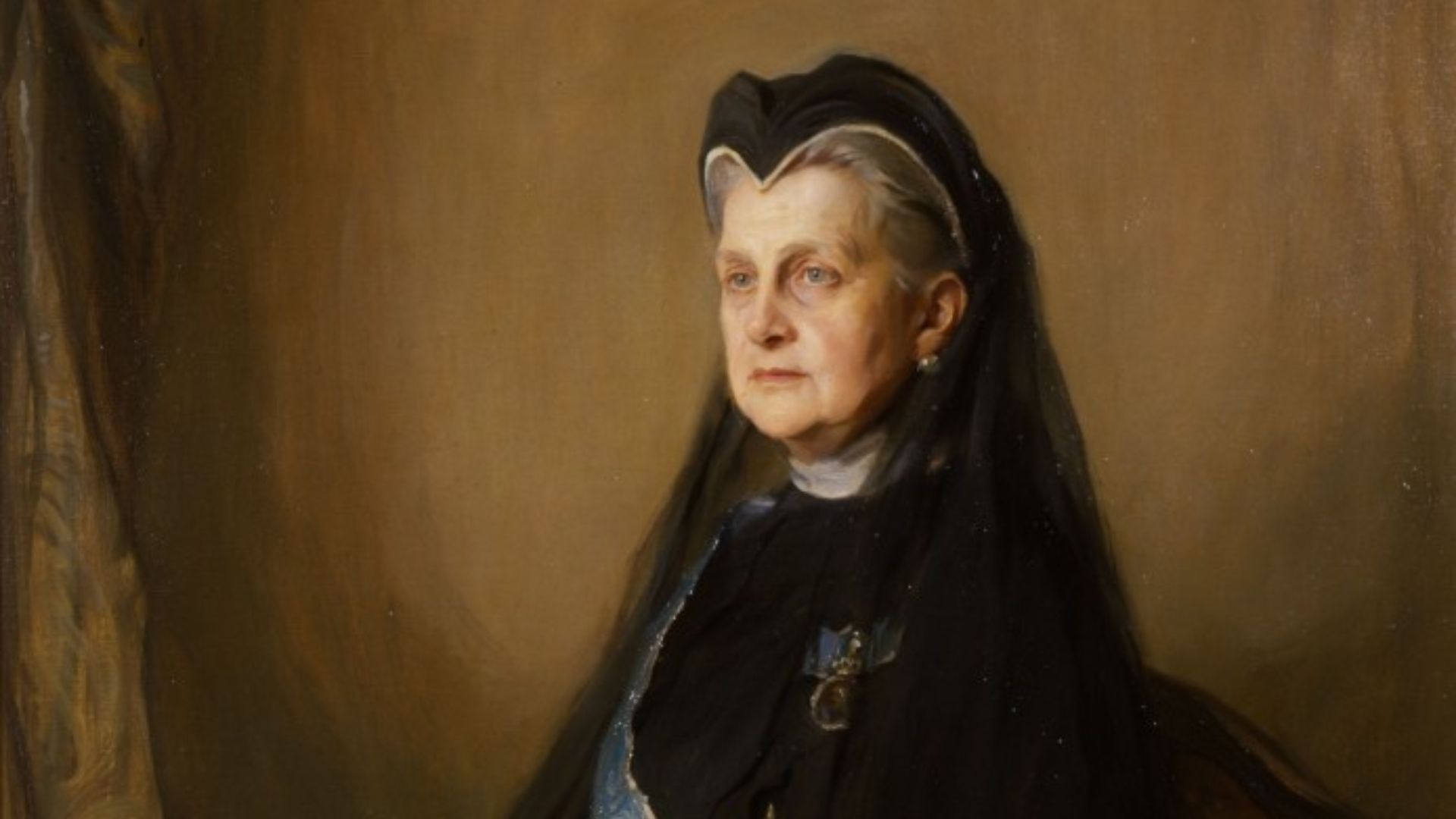 Philip de Laszlo, Wikimedia Commons
Philip de Laszlo, Wikimedia Commons
38. She Was Never The Same
Despite the barring of any communication, Sophia still learned of her son’s passing, and the grief consumed her. Not only had she been unable to go to Alexander as he grew closer to the end, but the Venizelist government wouldn’t allow her to return for his funeral either. Following this, anyone who saw the Queen described the constant look of sadness on her face.
Meanwhile, Greek society was experiencing another shift.
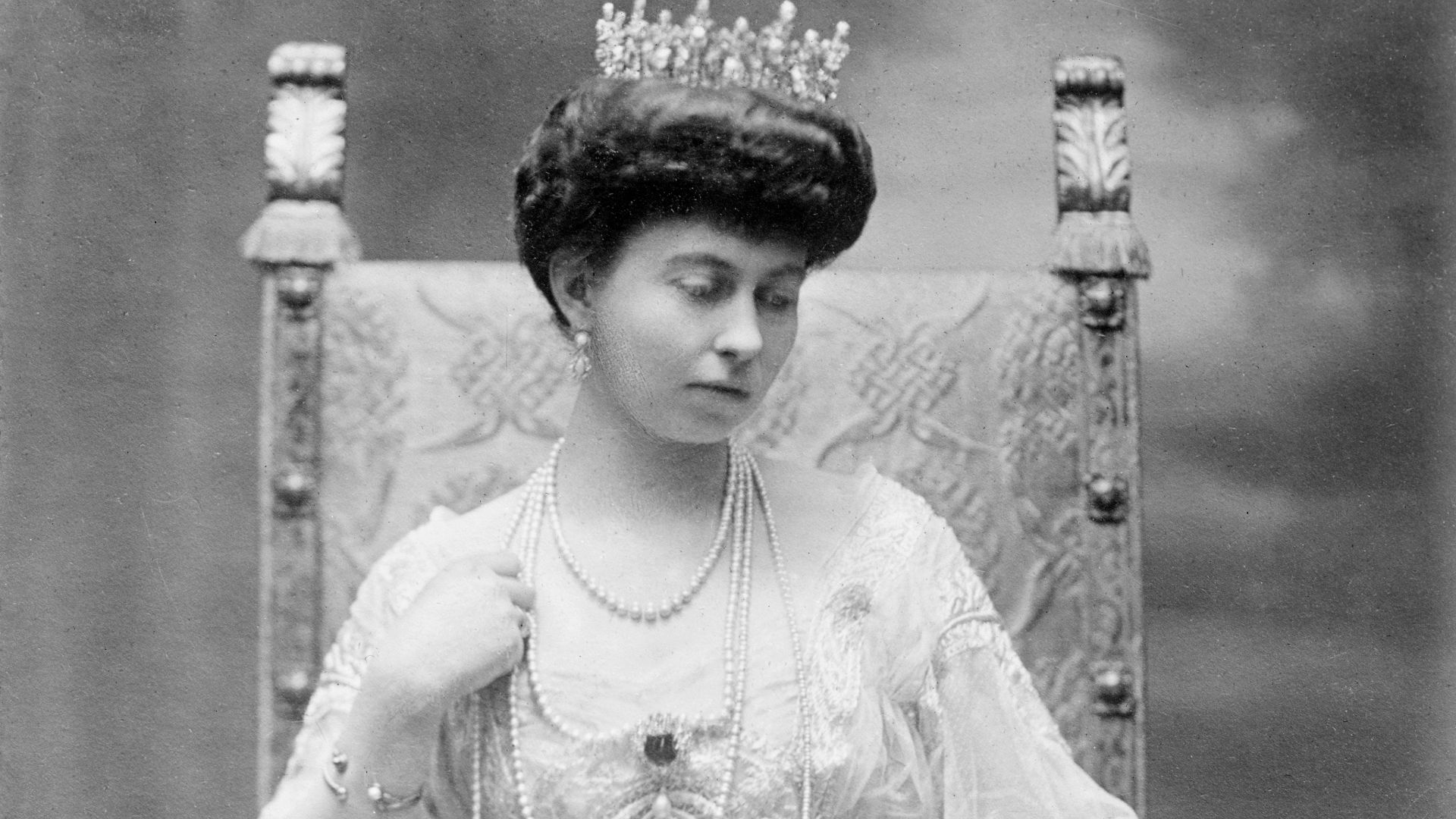 Voigt, Homburg v. d. Höhe, Frankfurt a./M.; publisher Bain News Service, Wikimedia Commons
Voigt, Homburg v. d. Höhe, Frankfurt a./M.; publisher Bain News Service, Wikimedia Commons
39. He Stepped Down
Although the Venizelist government seemed to have all the power, the Greek people had been slowly turning against them over several years. In a mix of problematic issues for the Prime Minister, including Alexander’s passing and another Greco-Turkish conflict in 1919, support for the royals grew significantly until Eleftherios Venizelos lost the 1920 election.
This was good news for Sophia and Constantine.
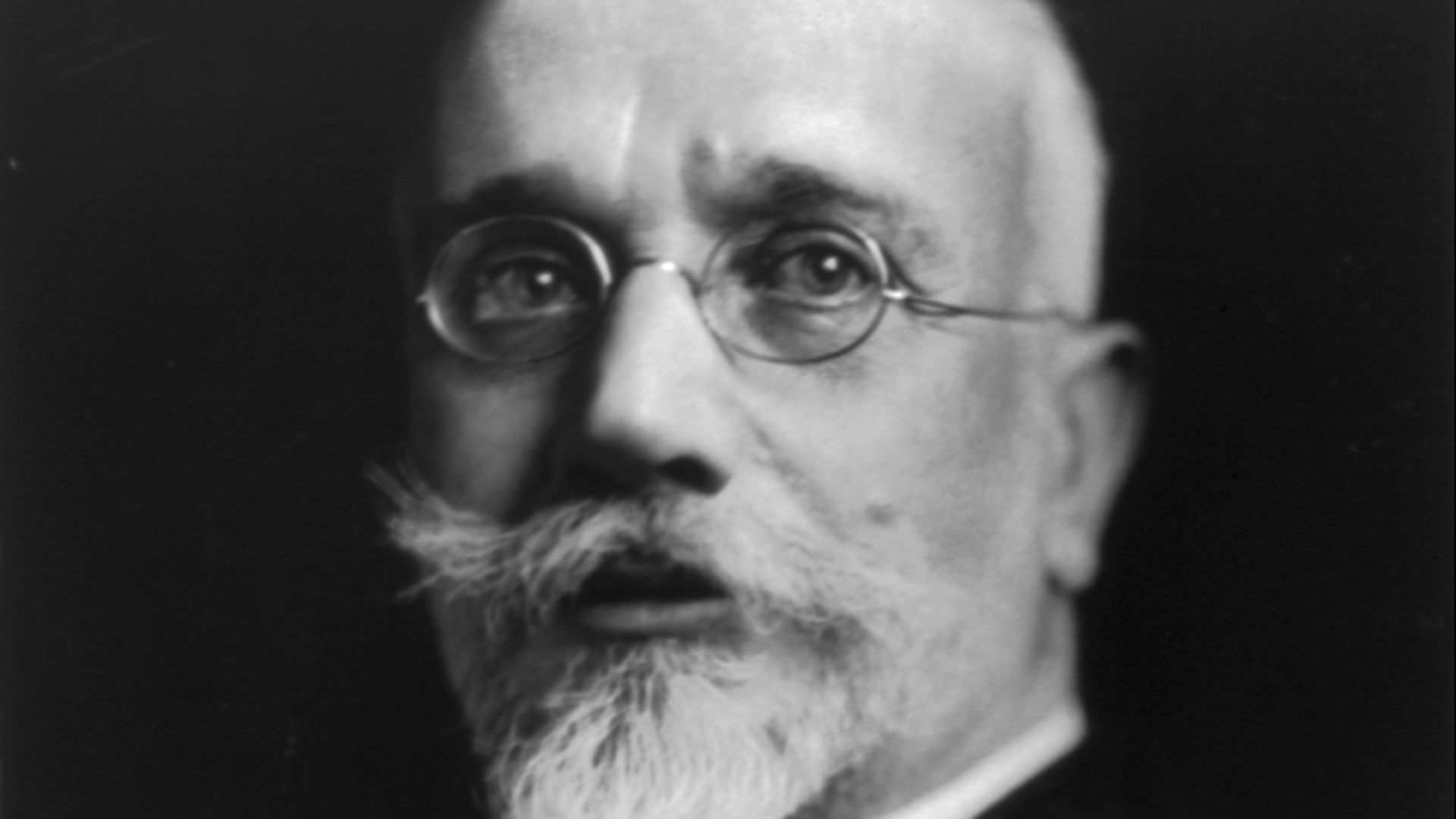 Photoprint copyrighted by Harris & Ewing (No known restrictions on publication), Wikimedia Commons
Photoprint copyrighted by Harris & Ewing (No known restrictions on publication), Wikimedia Commons
40. They Were Welcomed Back
In place of Venizelos, monarchist politician Dimitrios Rallis took up the position of Prime Minister, prompting the resignation of the previous administrative staff. Almost immediately, he invited Constantine and Sophia to reclaim their rule, with Queen Olga acting as regent until the royal family returned from Switzerland on December 19, 1920.
Tragically, Greece was in for another catastrophe.
41. The Great Disaster
Although the public initially welcomed Sophia and Constantine with open arms, the ongoing Greco-Turkish conflict turned the nation sour again. This only became worse with the devastating period known as the “Great Disaster,” in which many Greeks perished as the Turkish forces charged through eastern Thrace and Anatolia.
Following this, old arguments and complaints resurfaced.
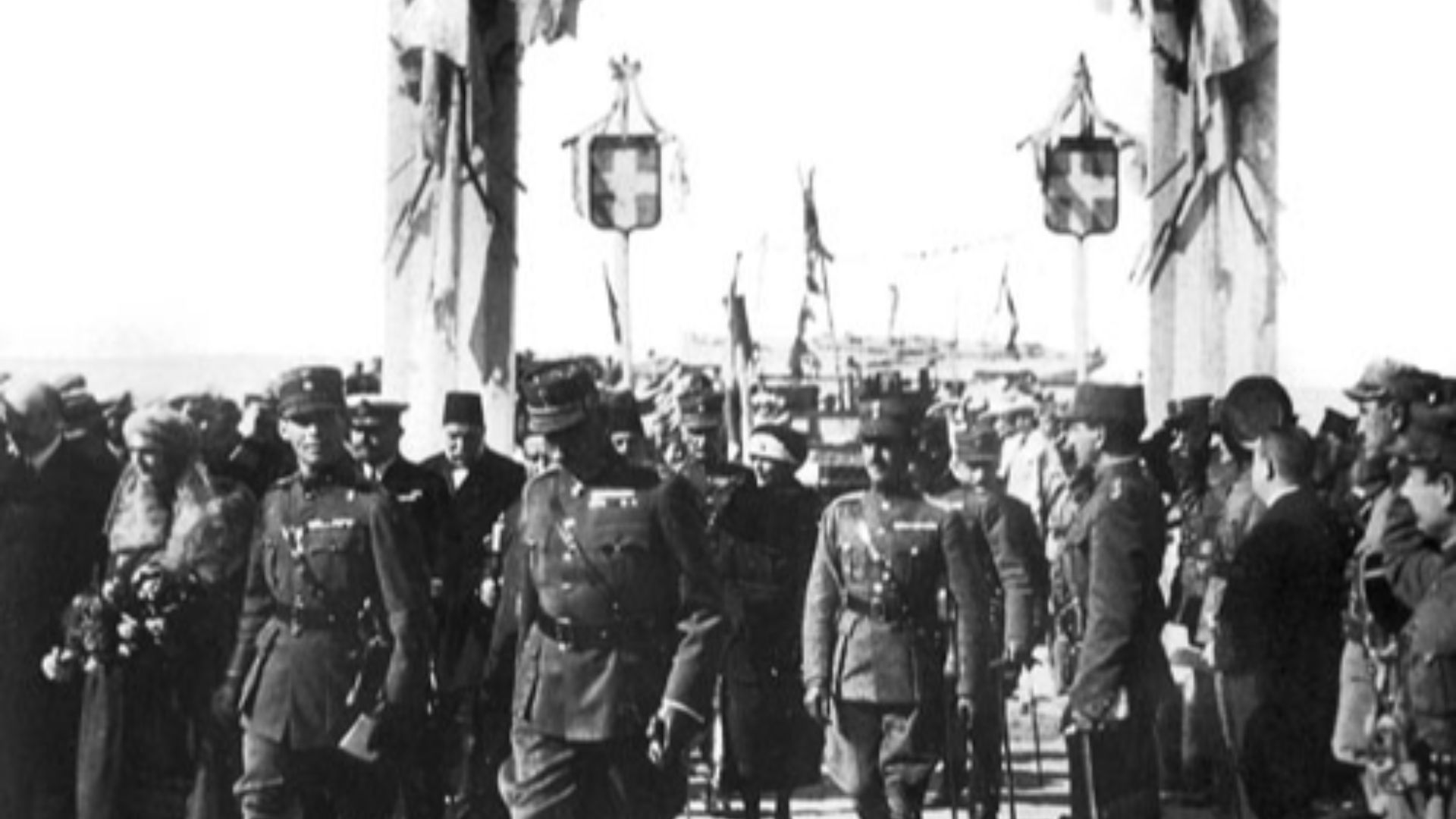 Unknown authorUnknown author, Wikimedia Commons
Unknown authorUnknown author, Wikimedia Commons
42. He Gave In
The Greco-Turkish conflict ended with a Greek defeat, and just as before, a group stemming from Greece’s army revolted and demanded the King’s abdication. Increasingly affected by age and sickness, Constantine finally agreed to this demand, with his eldest son replacing him. Once again, he and Sophia found themselves leaving Greece in exile.
However, one thing was different this time.
43. They Were Alone
Deciding to exile themselves in Sicily, Sophia and Constantine went to the same port of Oropos to leave Greece. Last time they had done so, many loyalists accompanied them and saw the couple off. However, this was not the case during this second departure, and the royals found only a few supporters waiting.
Sadly, the lack of support wasn't the only thing ailing them.
 Apaleutos25, CC BY 4.0, Wikimedia Commons
Apaleutos25, CC BY 4.0, Wikimedia Commons
44. Their Health Conditions Worsened
Aside from his sickness, the constant issues facing Greece continue to take an emotional toll on Constantine, which deeply affected Sophia as she tried to help, however possible. Her anxiety steadily grew at the sight of her husband in his current state, not to mention the fact that—like with Alexander—she had again left her family behind in Greece.
So, they came up with a plan.
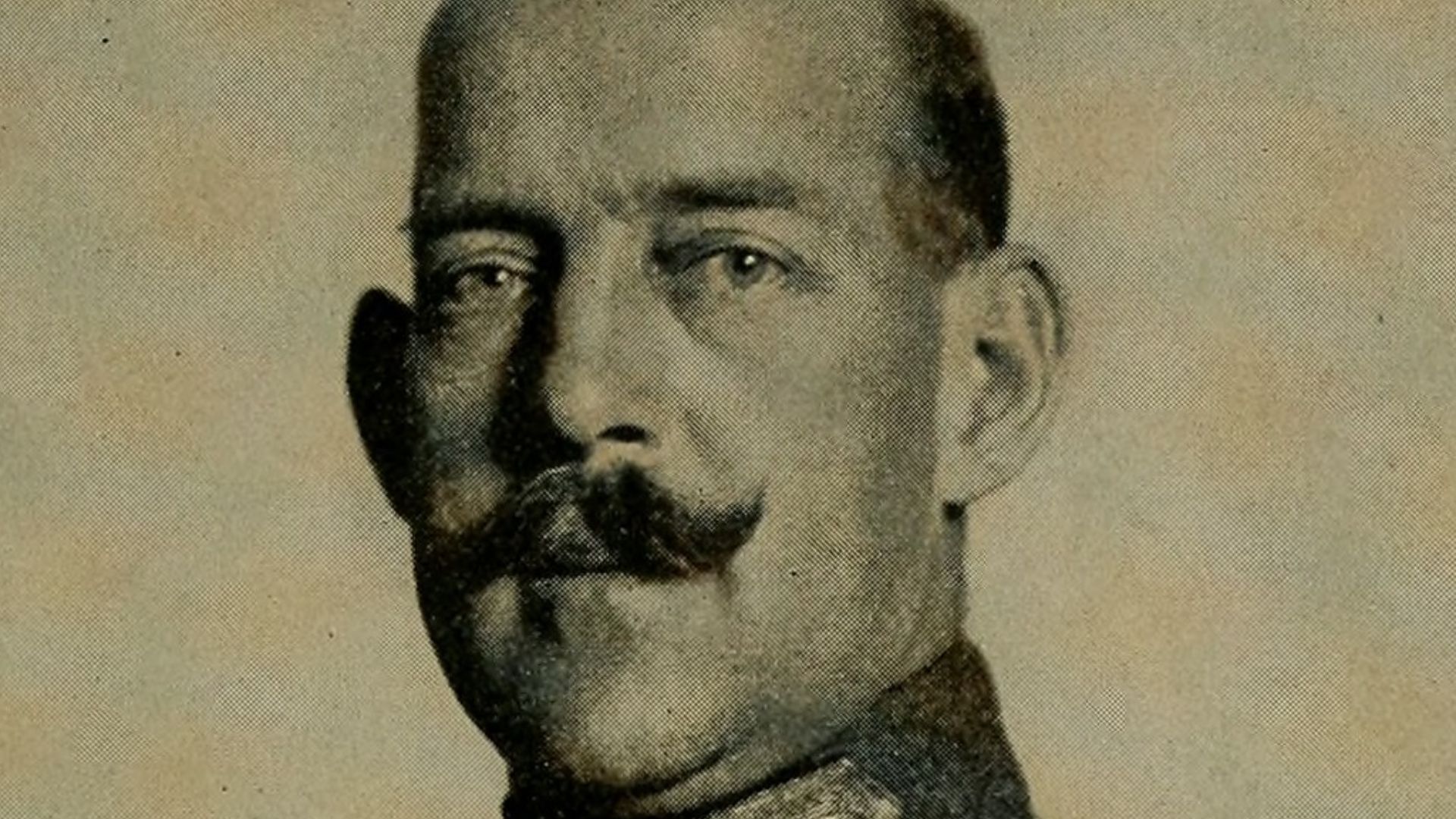 Internet Archive Book Images, Wikimedia Commons
Internet Archive Book Images, Wikimedia Commons
45. They Wanted To Leave
Believing that a change of pace was necessary to improve their health conditions, Sophia and Constantine decided to move to Florence. Tragically, they would never get to do this, as Constantine passed from heart failure and a brain hemorrhage on January 11, 1923, not long before they were to depart.
Luckily, although alone for a while, something positive was on the horizon for Sophia.
46. They Joined Her
Shortly after Constantine’s passing, Sophia and her daughters, Katherine and Irene, took up residence in Tuscany, but it wouldn’t be just them for long. Between 1924 and 1930, the trio welcomed more and more loved ones to come and live with them, such as Alexander’s widow—Princess Aspasia—their daughter, and Sophia’s only other daughter, Princess Helen.
Additionally, she finally felt the burden of royalty lifted.
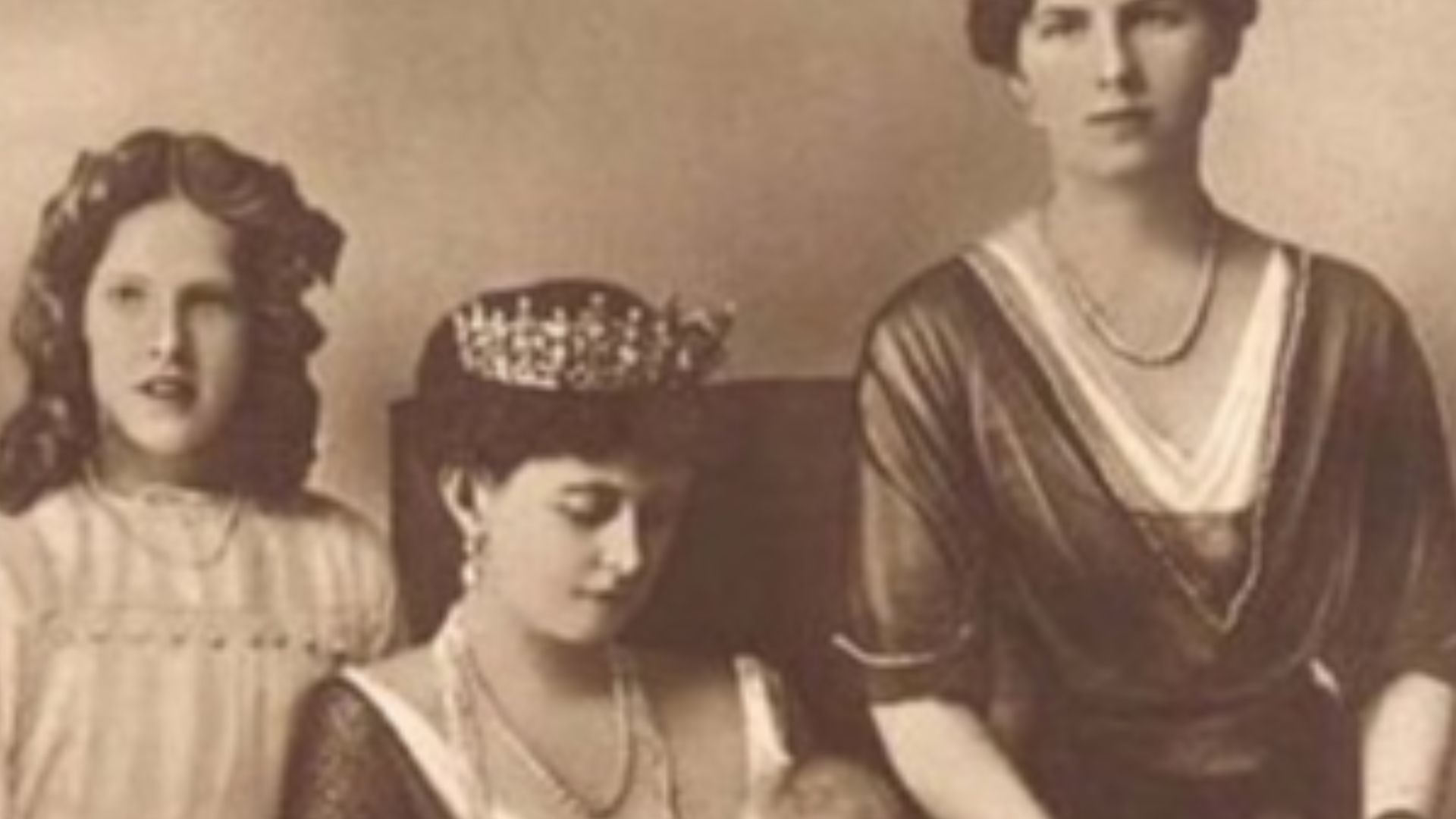 Carl Boehringer, Wikimedia Commons
Carl Boehringer, Wikimedia Commons
47. She Was Free
By the mid-1920s, even Constantine’s replacement, King George II, went into exile, and the government stripped the royal family’s Hellenic nationality as Greece became a republic. Sophia took this as a blessing, as she now had the freedom to do what she wanted, including traveling as much as possible.
Still, she was getting up in age—and time was ticking.
 DEA, BIBLIOTECA AMBROSIANA, Getty Images
DEA, BIBLIOTECA AMBROSIANA, Getty Images
48. She Became Ill
In 1930, Sophia had fallen ill with her own ailment, and it continued to drain her strength until she had no choice but to seek treatment at a Frankfurt hospital. Fortunately, she seemingly was well enough to travel again the following year, visiting places like Venice and Bavaria. However, things took a turn for the worse.
49. She Got Worse
Sophia had been able to get a last bout of traveling done, but her time was reaching its end. Her health rapidly declined again, and she went back to Frankfurt, where doctors informed her of her advanced cancer, giving her only a matter of weeks left.
There was a silver lining, though.
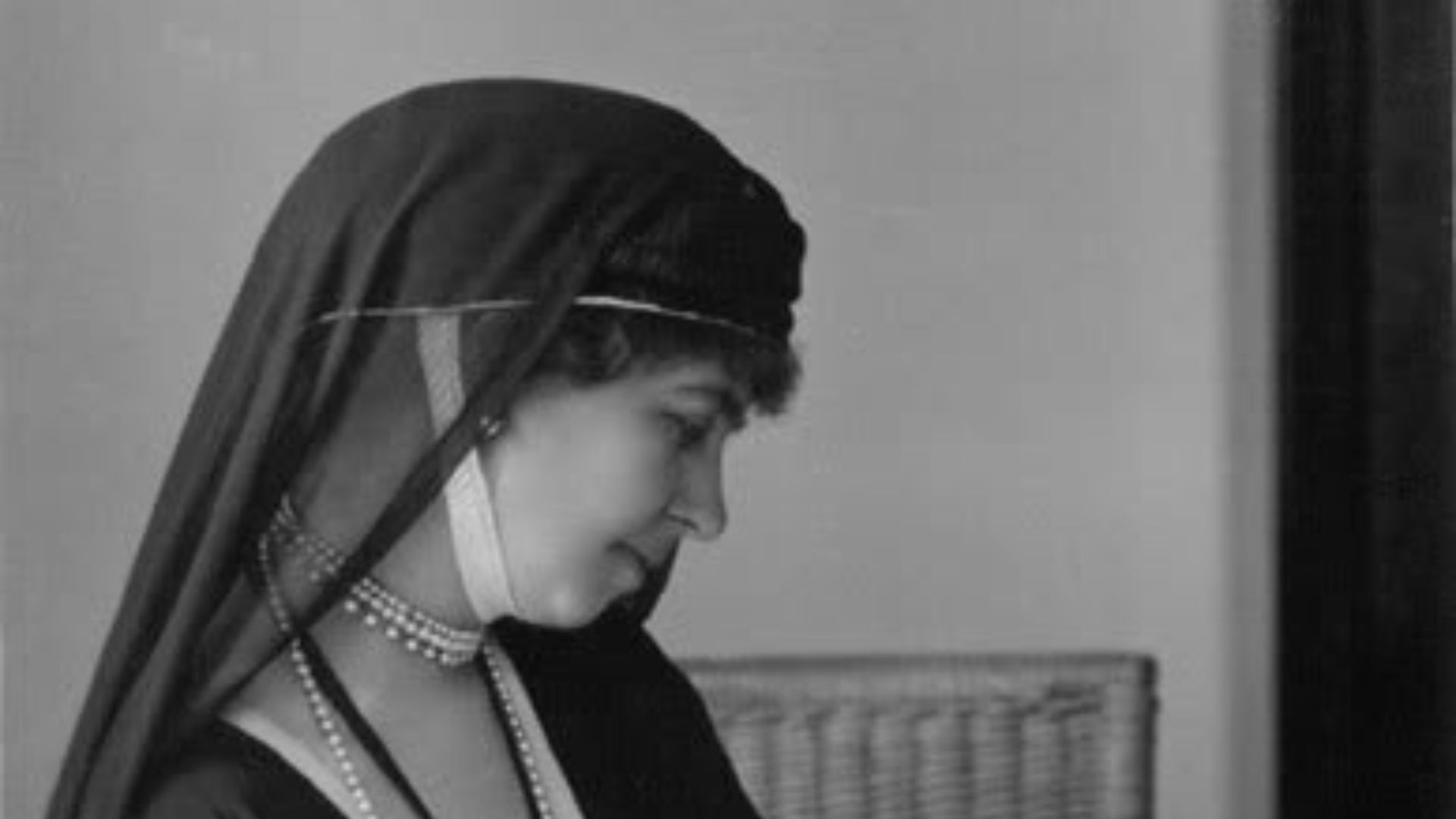 Unknown authorUnknown author, Wikimedia Commons
Unknown authorUnknown author, Wikimedia Commons
50. She Was No Longer Alone
Sophia’s health continued to deteriorate, and as 1932 began, this was further hastened by her lack of eating. Eventually, on January 13, Sophia of Prussia passed while at the hospital, with her last view being the faces of her children at her bedside. Whether ruling as Queen or sitting in exile, Sophia experienced loneliness and separation from her family for much of her life. However, in these last moments, she lay surrounded by her loved ones.
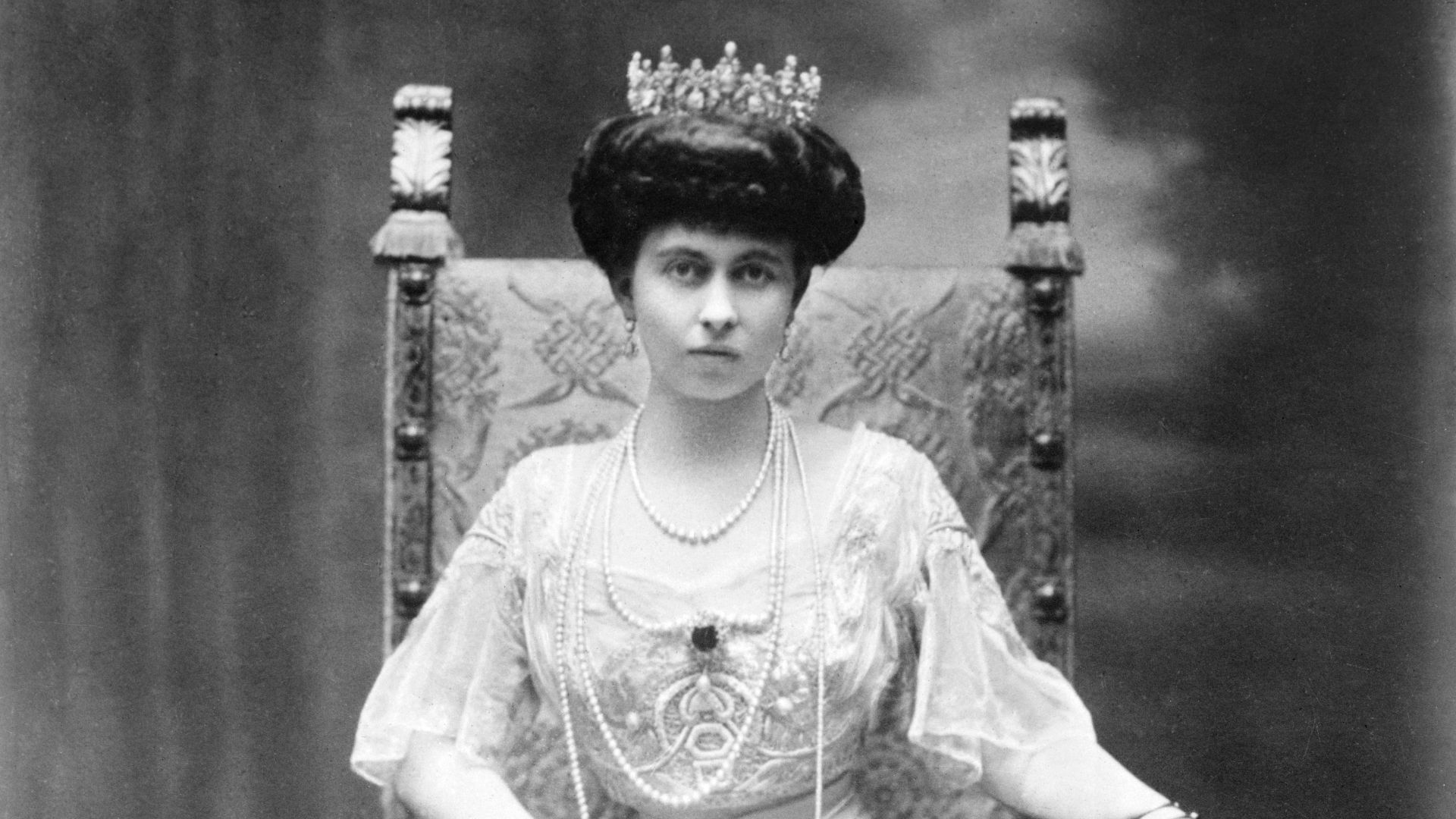 Voigt, Homburg v. d. Höhe, Frankfurt a./M.; publisher: Bain News Service, Wikimedia Commons
Voigt, Homburg v. d. Höhe, Frankfurt a./M.; publisher: Bain News Service, Wikimedia Commons
You May Also Like:
Wretched Facts About Princess Charlotte of Prussia, The Duplicitous Duchess
Infamous Facts About Viktoria of Prussia, The Scandalous Princess
Shadowy Facts About Kaiser Wilhelm II, The Last German Emperor

